Approach
Approach
“Inspire” - Creative Gateways
Paper Boat is privileged to work with some truly inspirational creative professionals who are passionate about using their expertise and experience to inspire and enable children to change their world. In our children’s hubs, and at weekend camps that bring children together from different communities, they work with children and young people through a variety of creative gateways to stimulate and inspire. Within these learning spaces children can build their confidence, resilience and acceptance of self. They learn to understand and exercise their rights and begin to see the infinite potential in their own lives.
When children are invited to create something new without strict rules or rigid instruction (for example through painting, drawing or sculpture), it allows them to explore unchartered waters – discovering and tapping their own sources of inspiration. This invitation and freedom to play is a key part of the journey towards creative problem solving as children learn to experience joy in crafting their ideas and observations in fresh and novel ways.
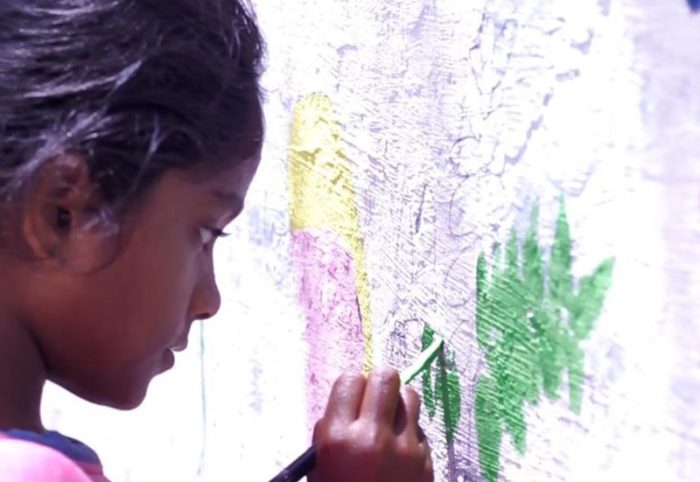
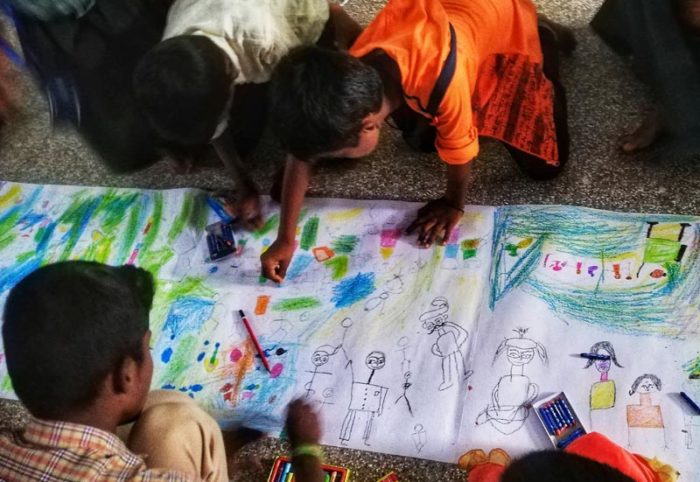
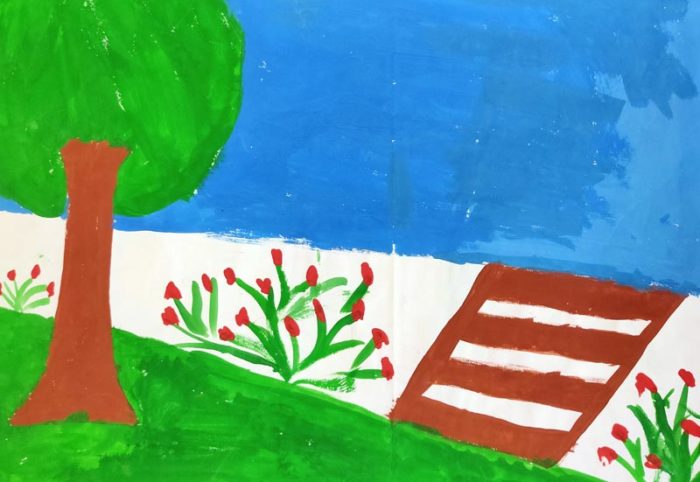
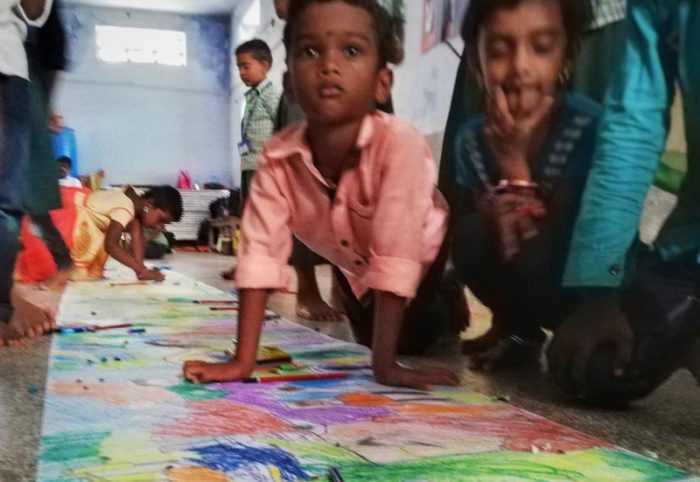
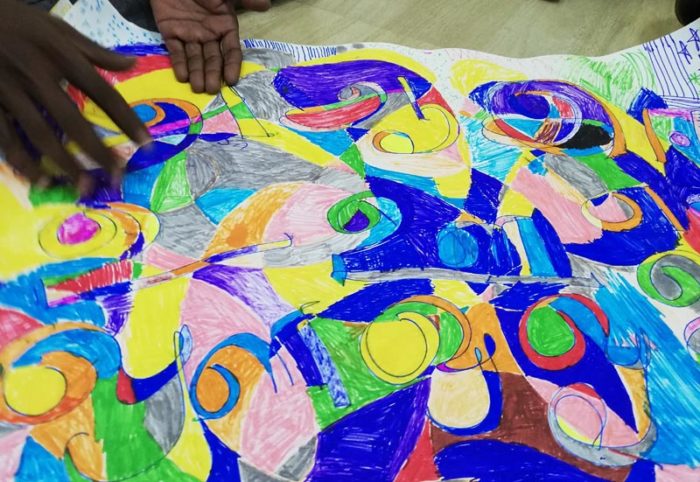
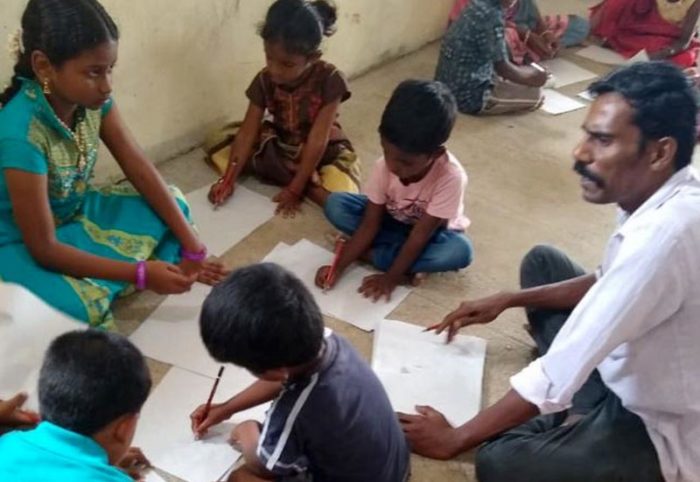
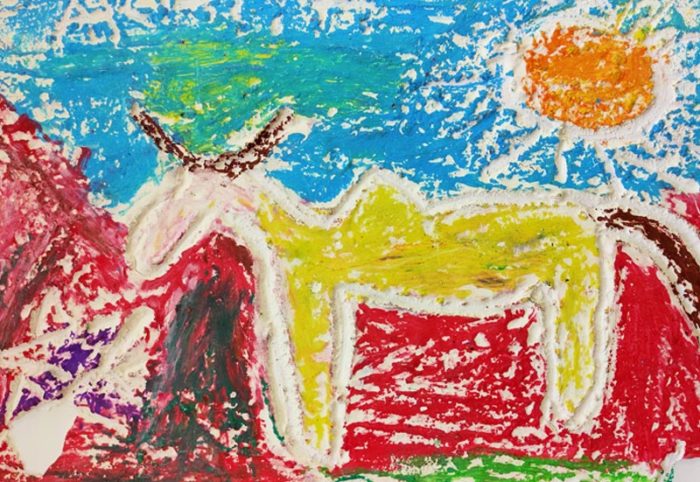
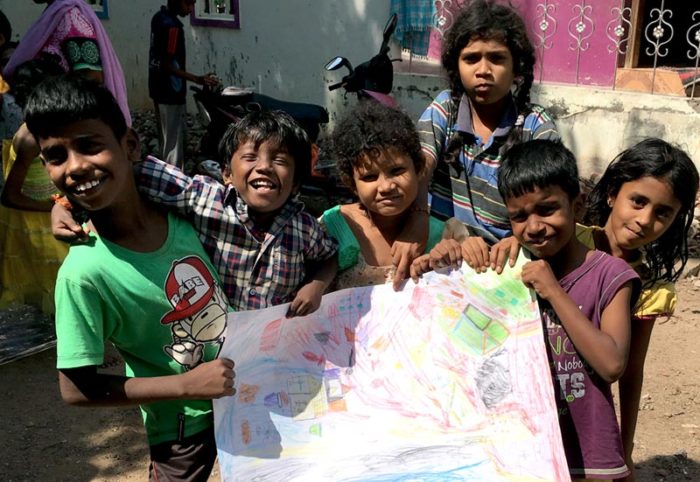
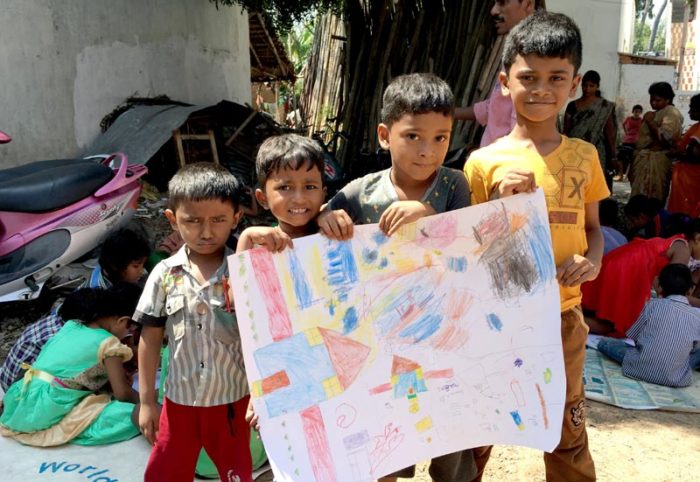
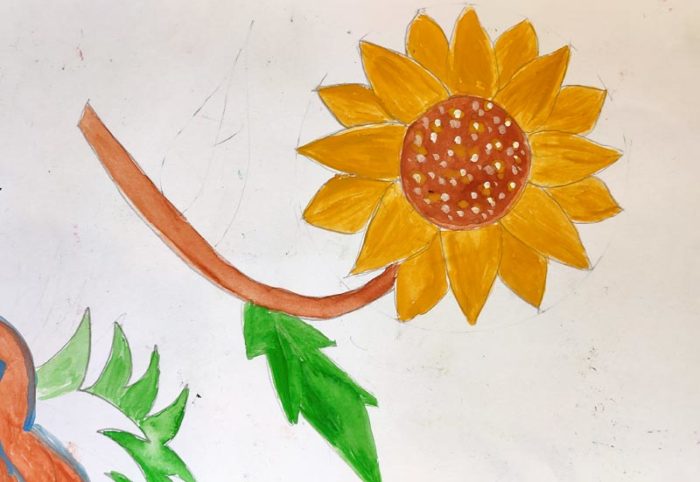
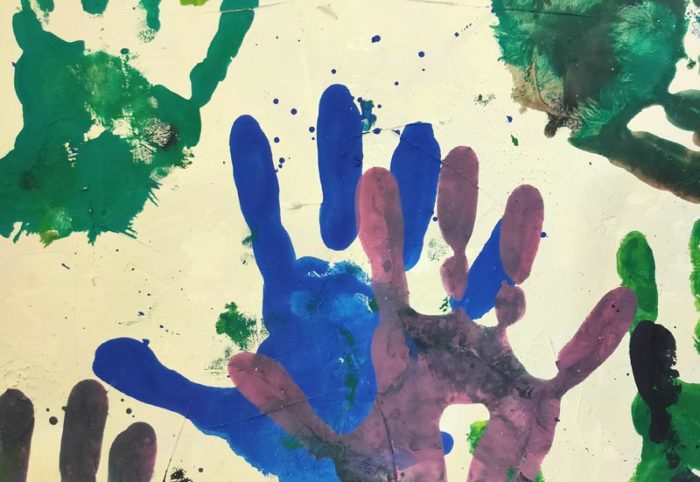
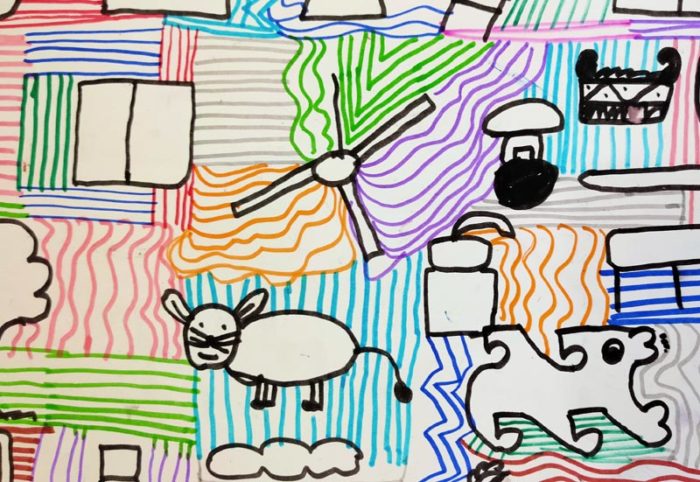
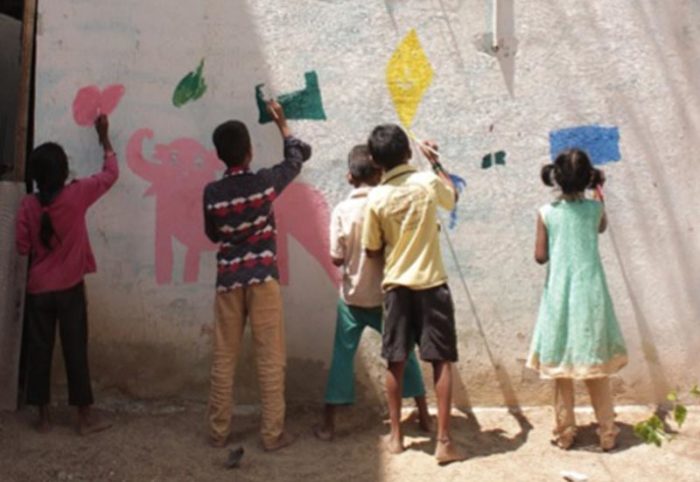
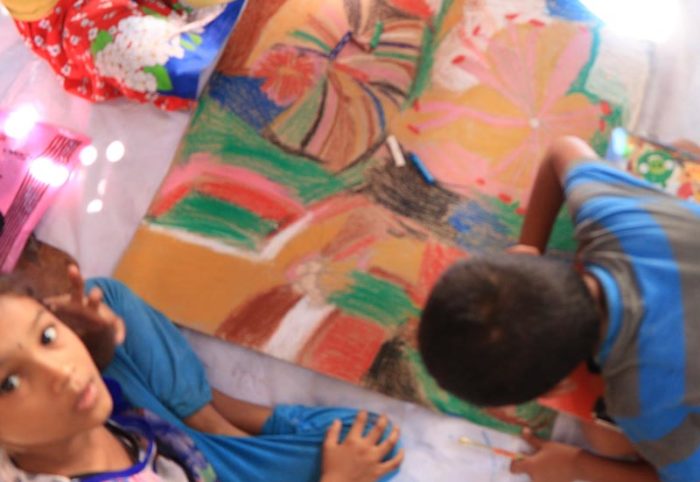
Photography and film making allow children to express and capture the world as they see it. It is their window onto their world and children take huge pride in displaying and sharing their photographs and films with others. They delight in the recognition that this brings, helping to build self-esteem as they see the value that their creations can have for others. Children relish the opportunity to exhibit their work to wider audiences.
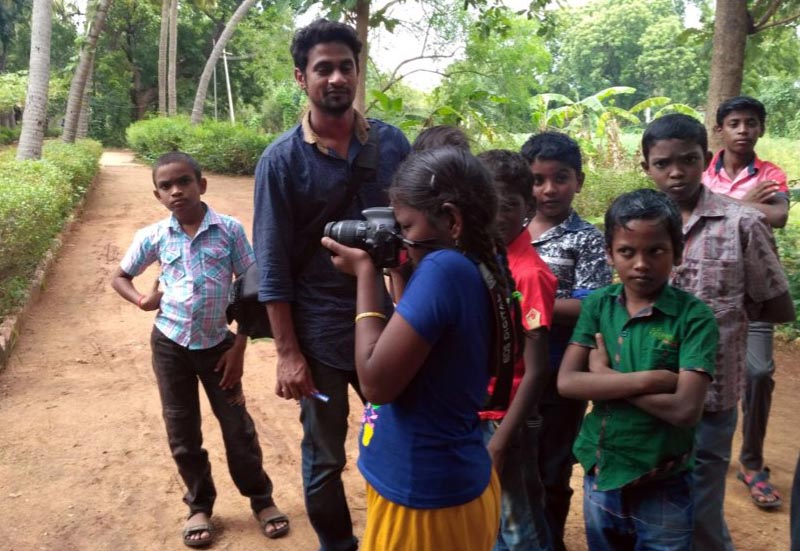
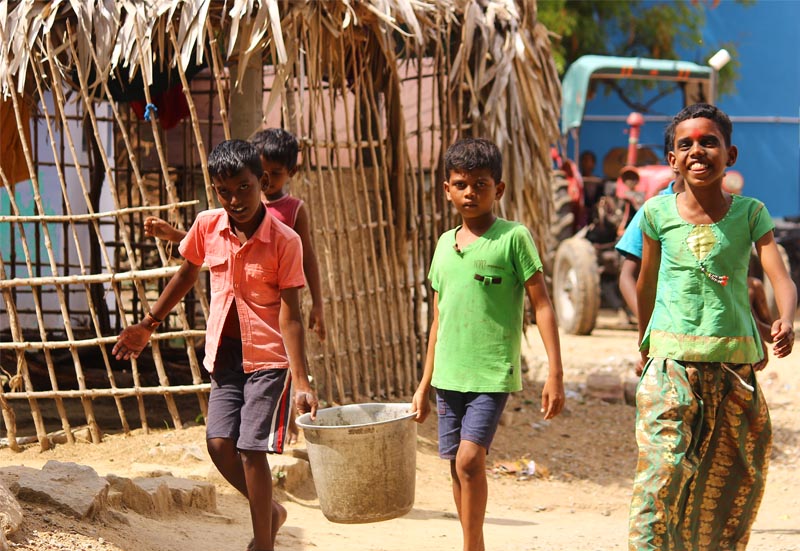
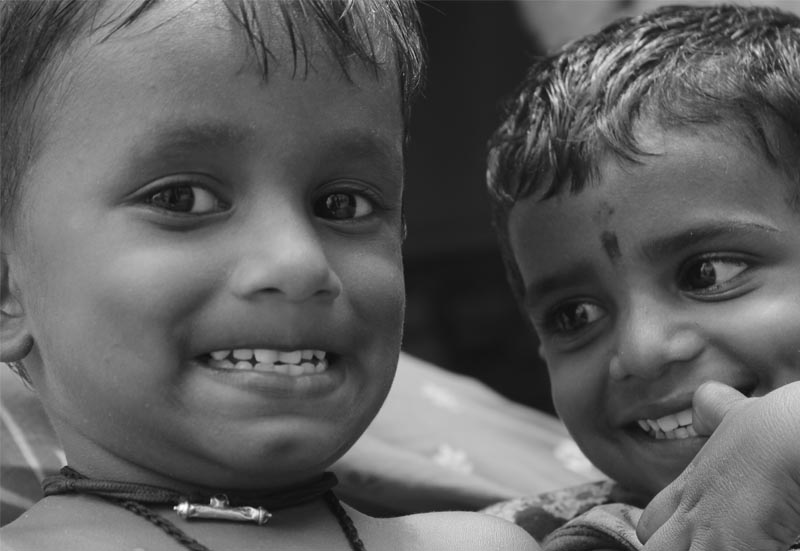
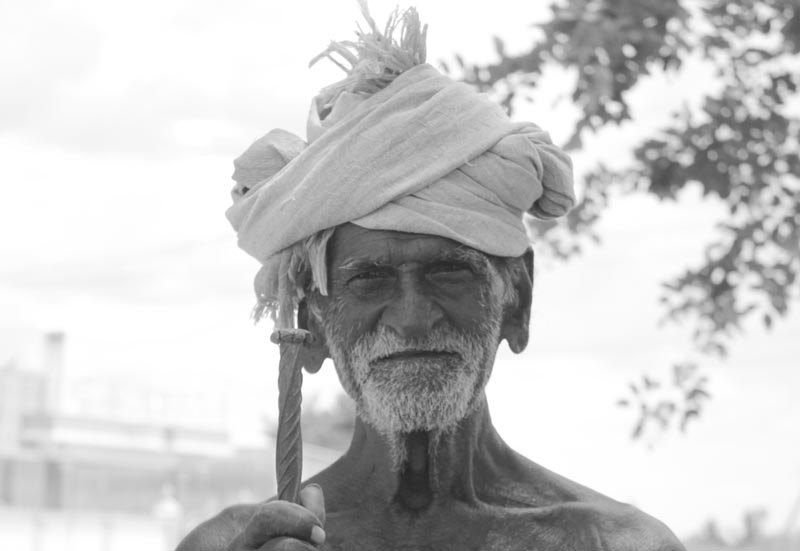
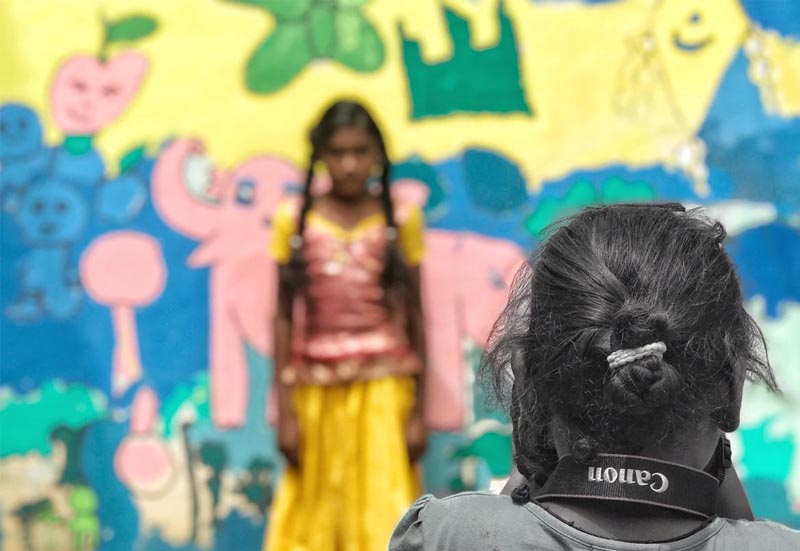
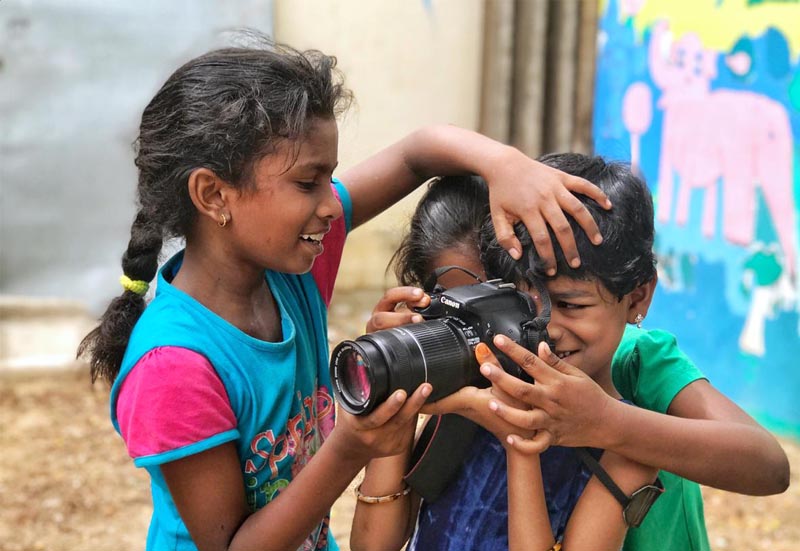
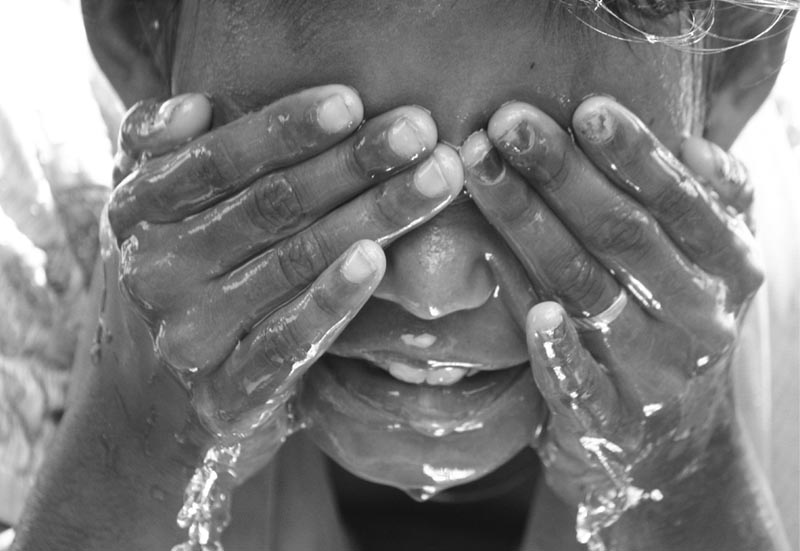
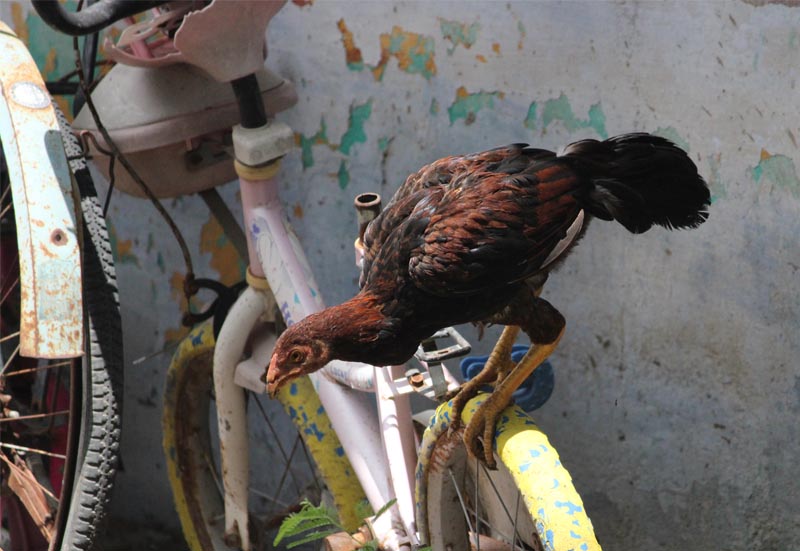
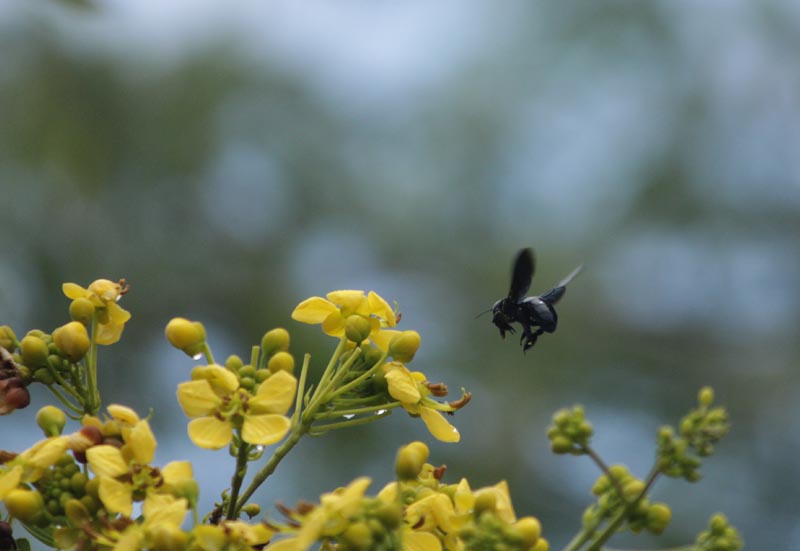
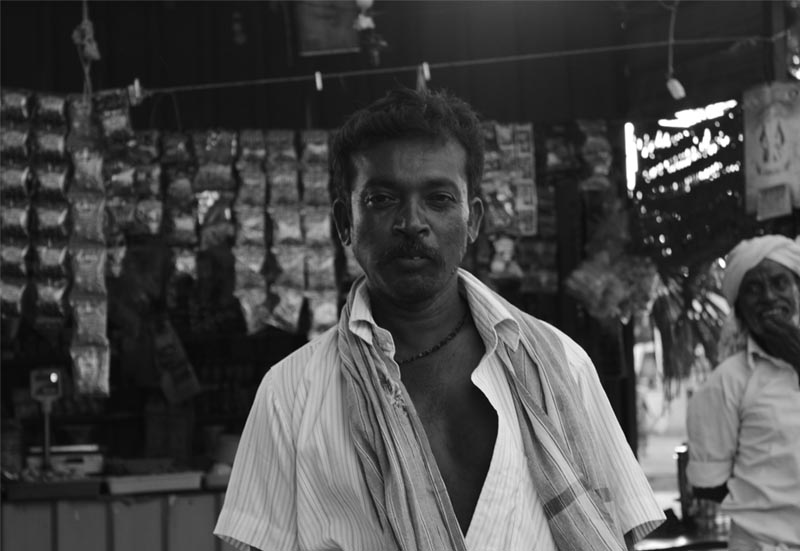
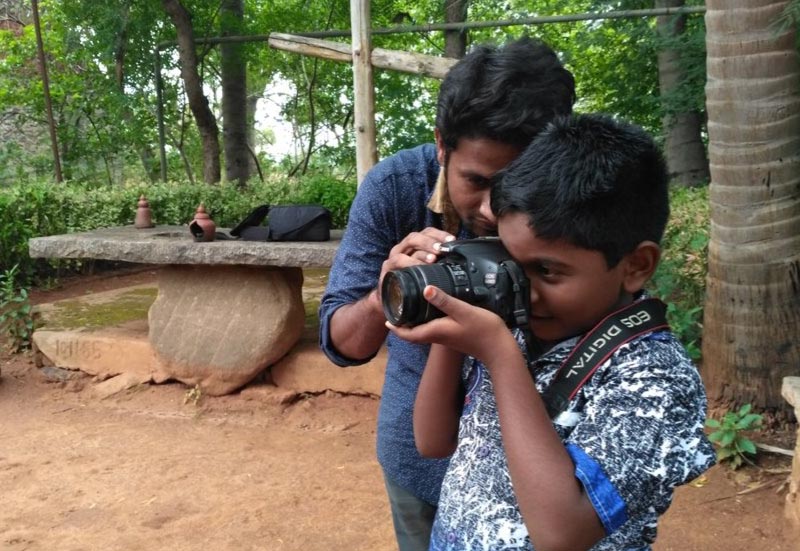
Children in the hubs publish their own magazine “Engal Kural” which translates as “Our Voice”. All of the content comes from the children, who also make up the editorial committee. Youth journalism presents a fantastic opportunity for critical engagement with the world around them, and a platform through which to make their voices known. This can give children confidence to engage with local issues and bring their concerns to the panchayat (village council).
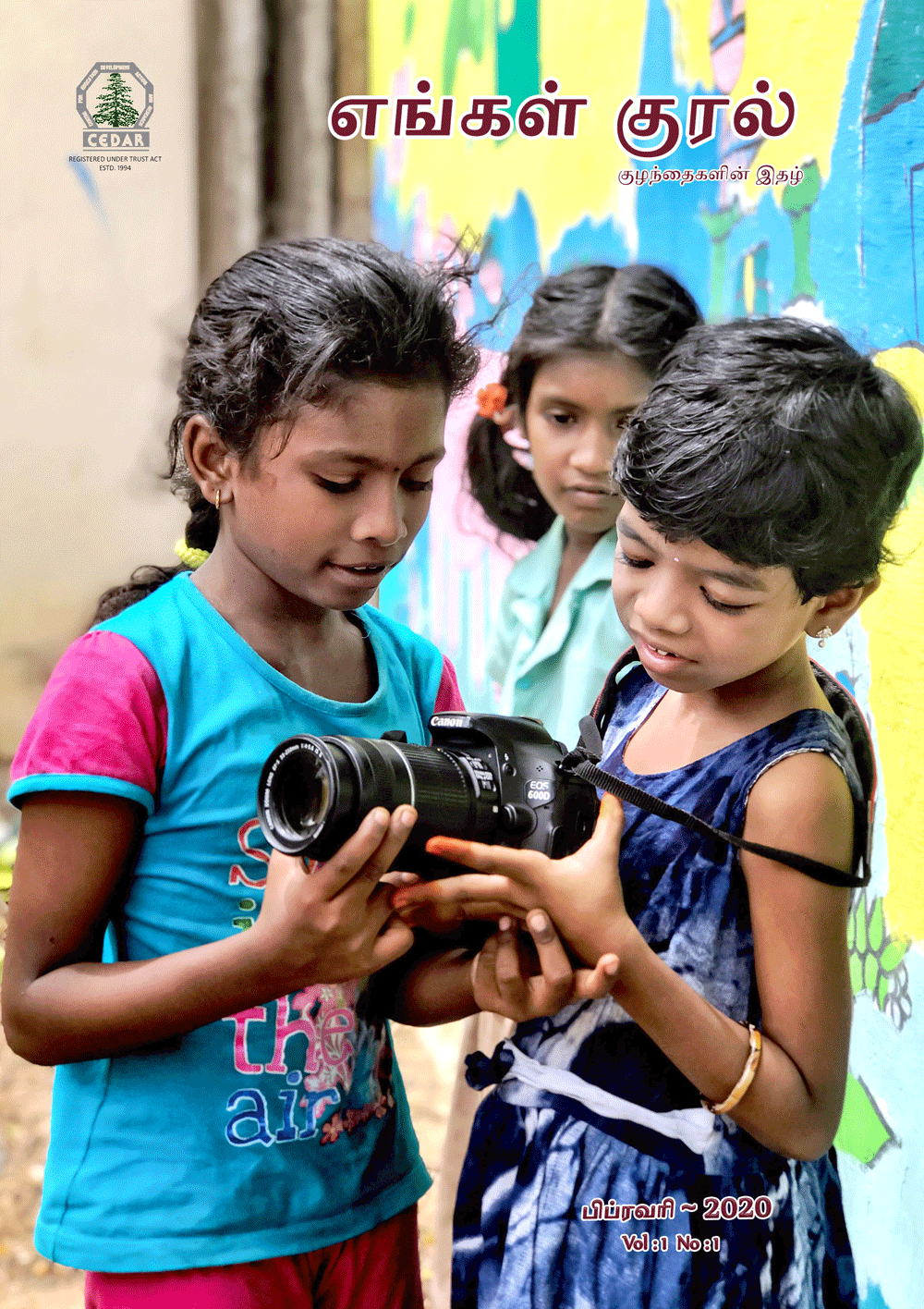
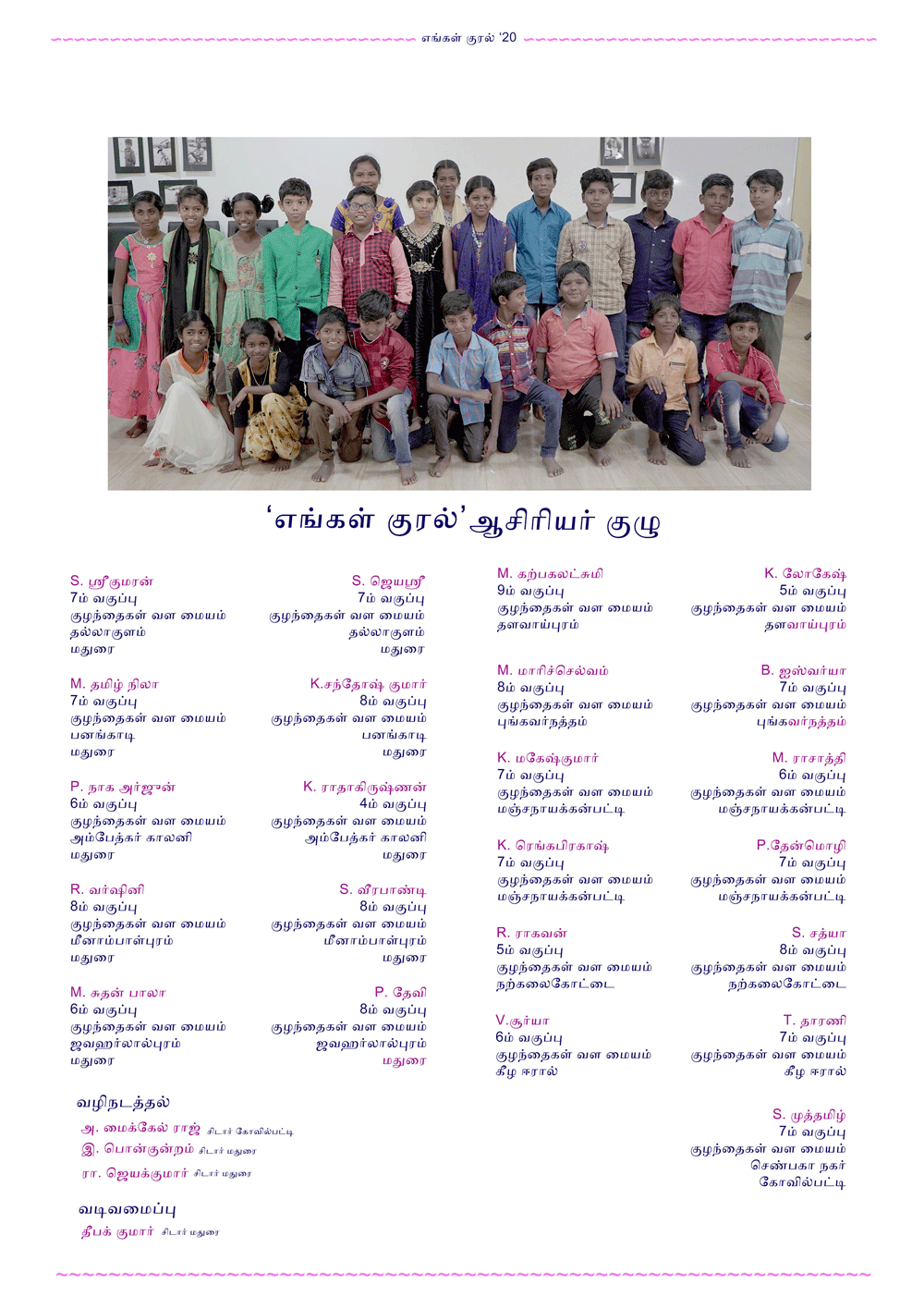
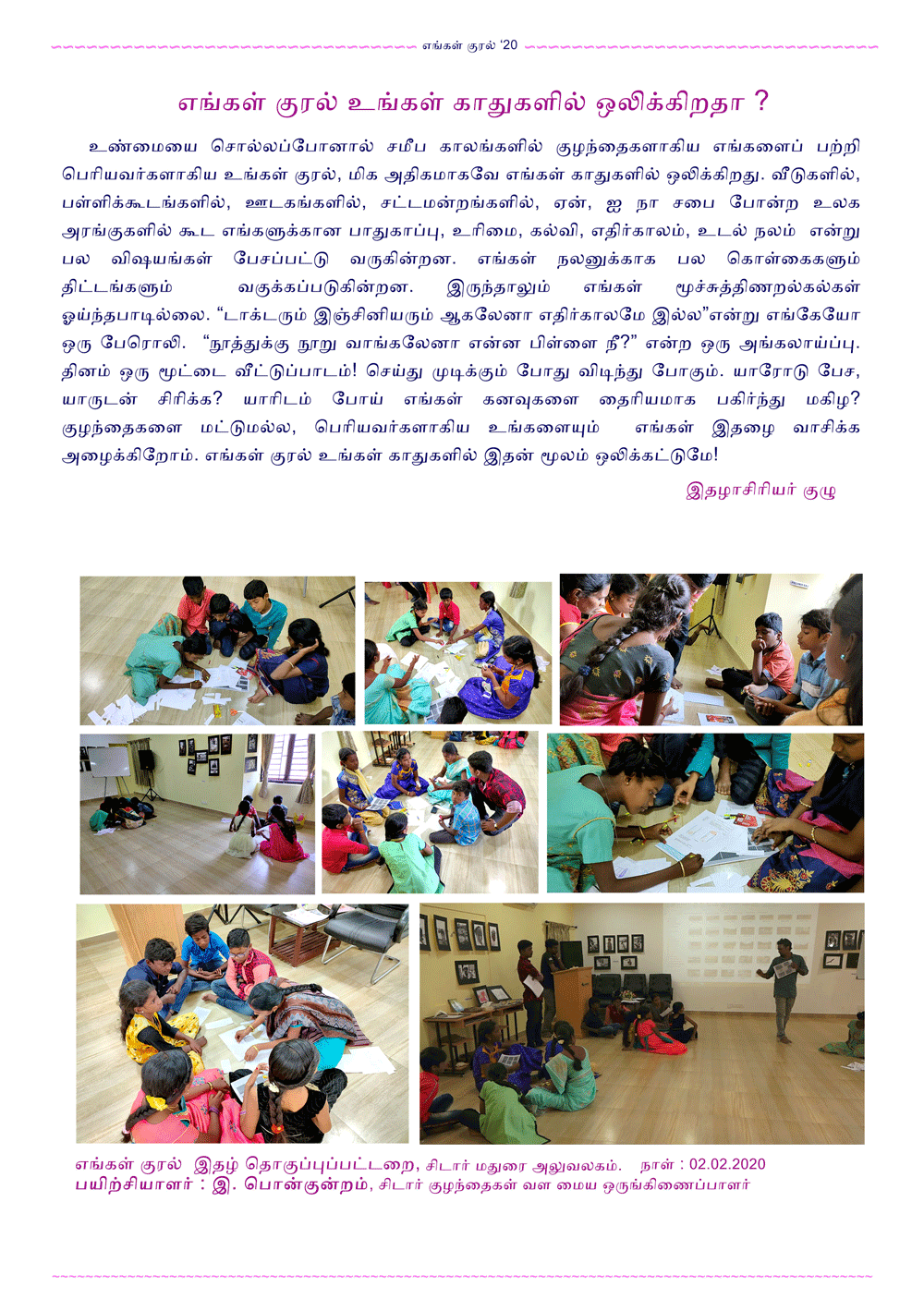
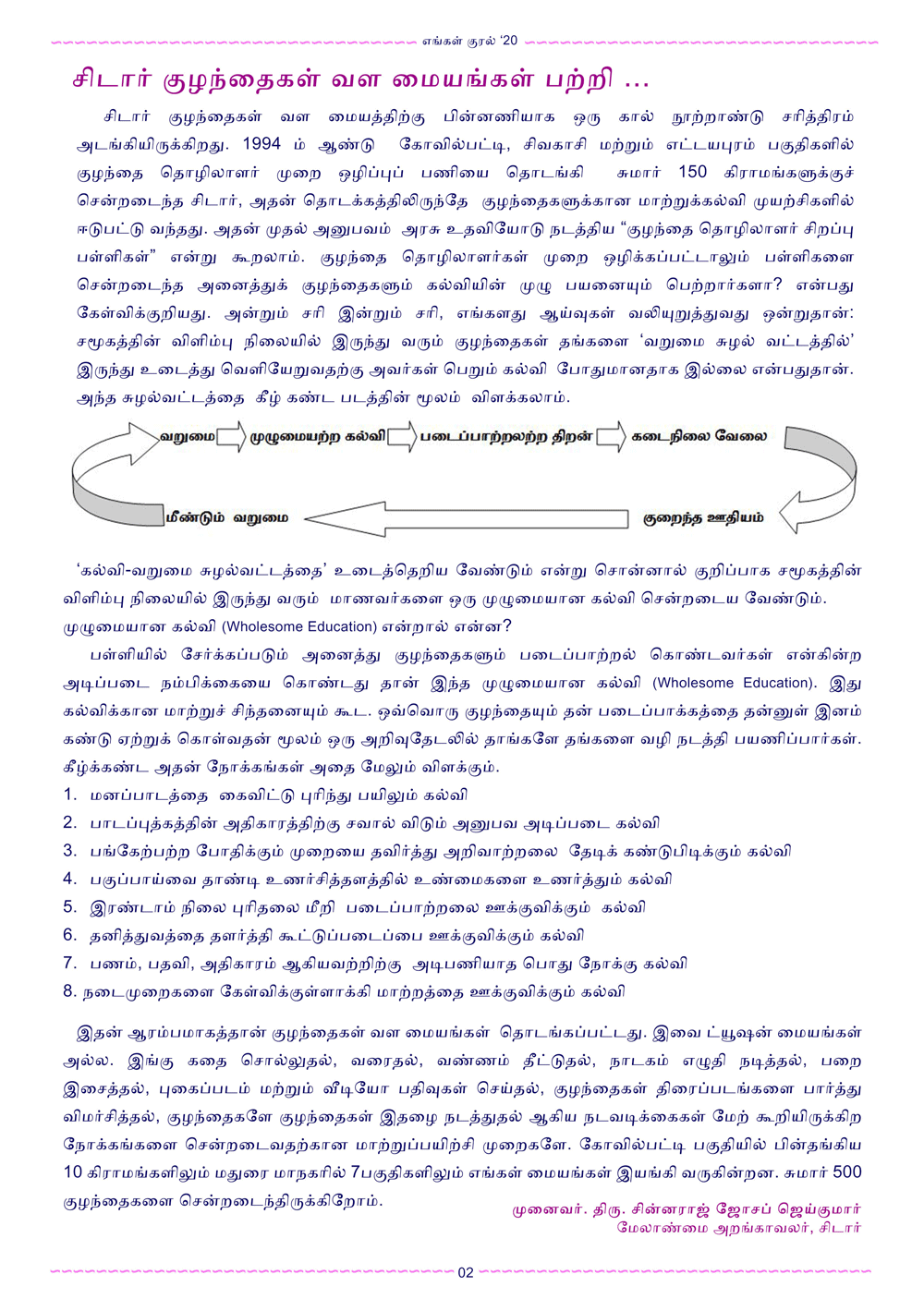
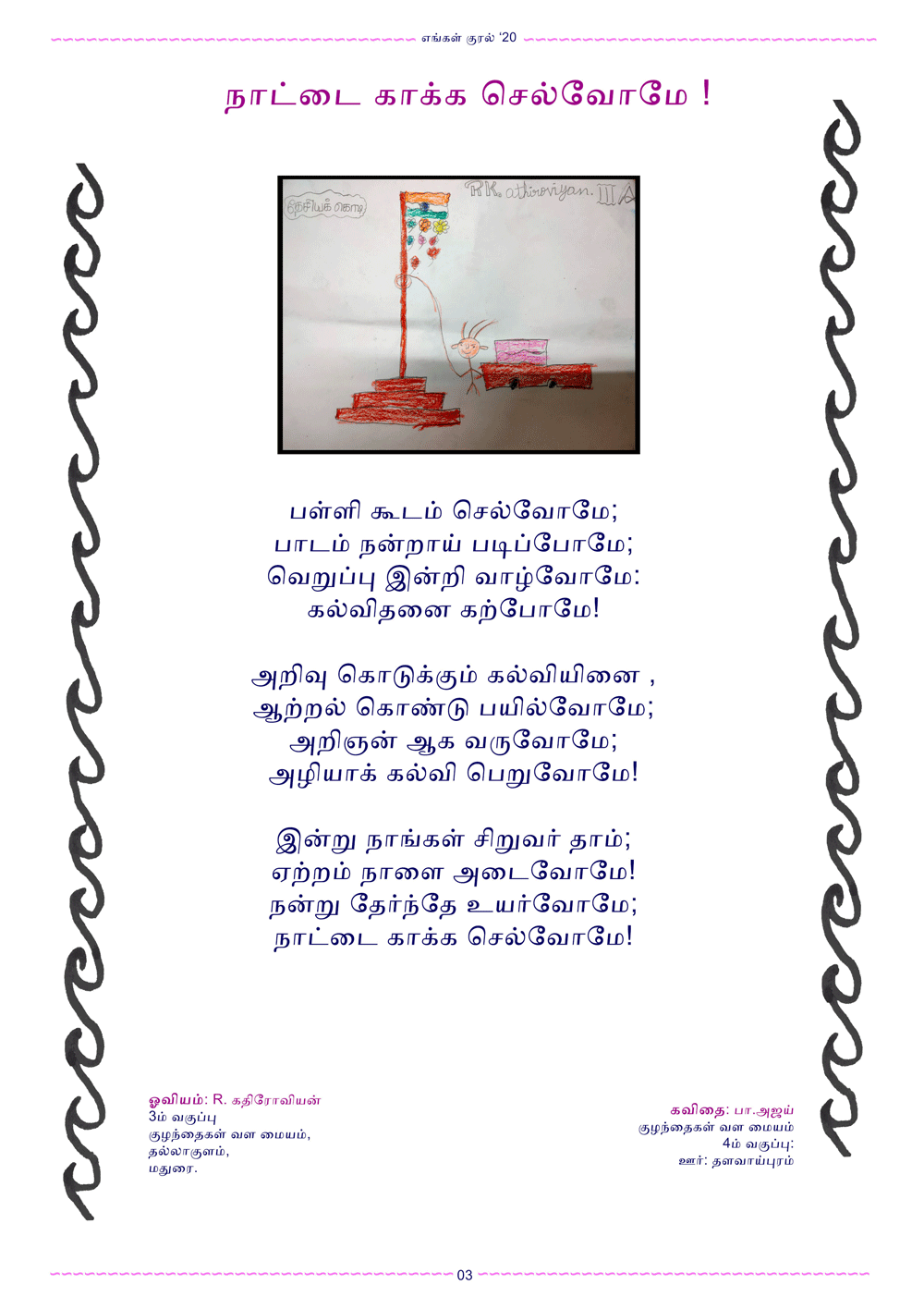
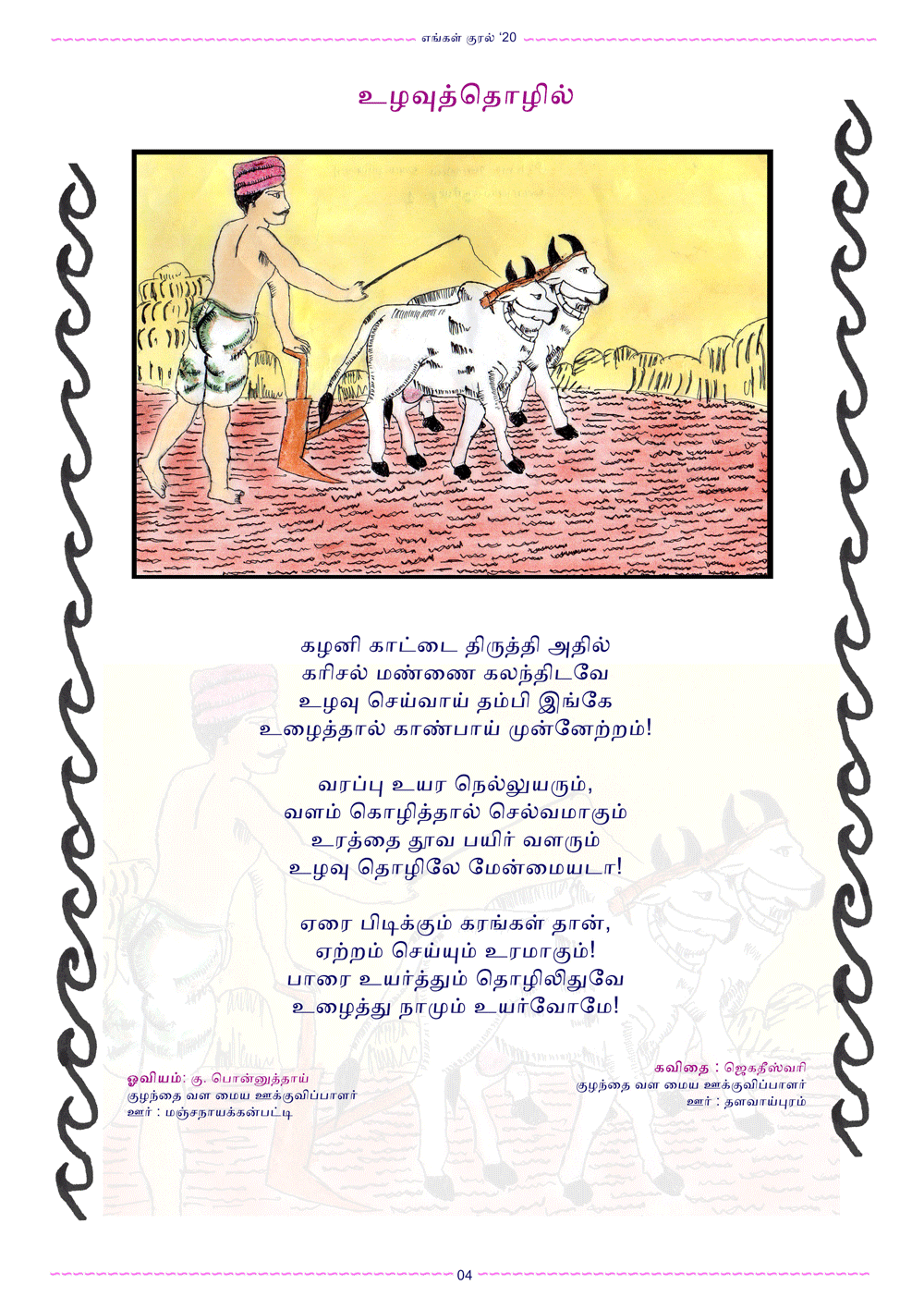
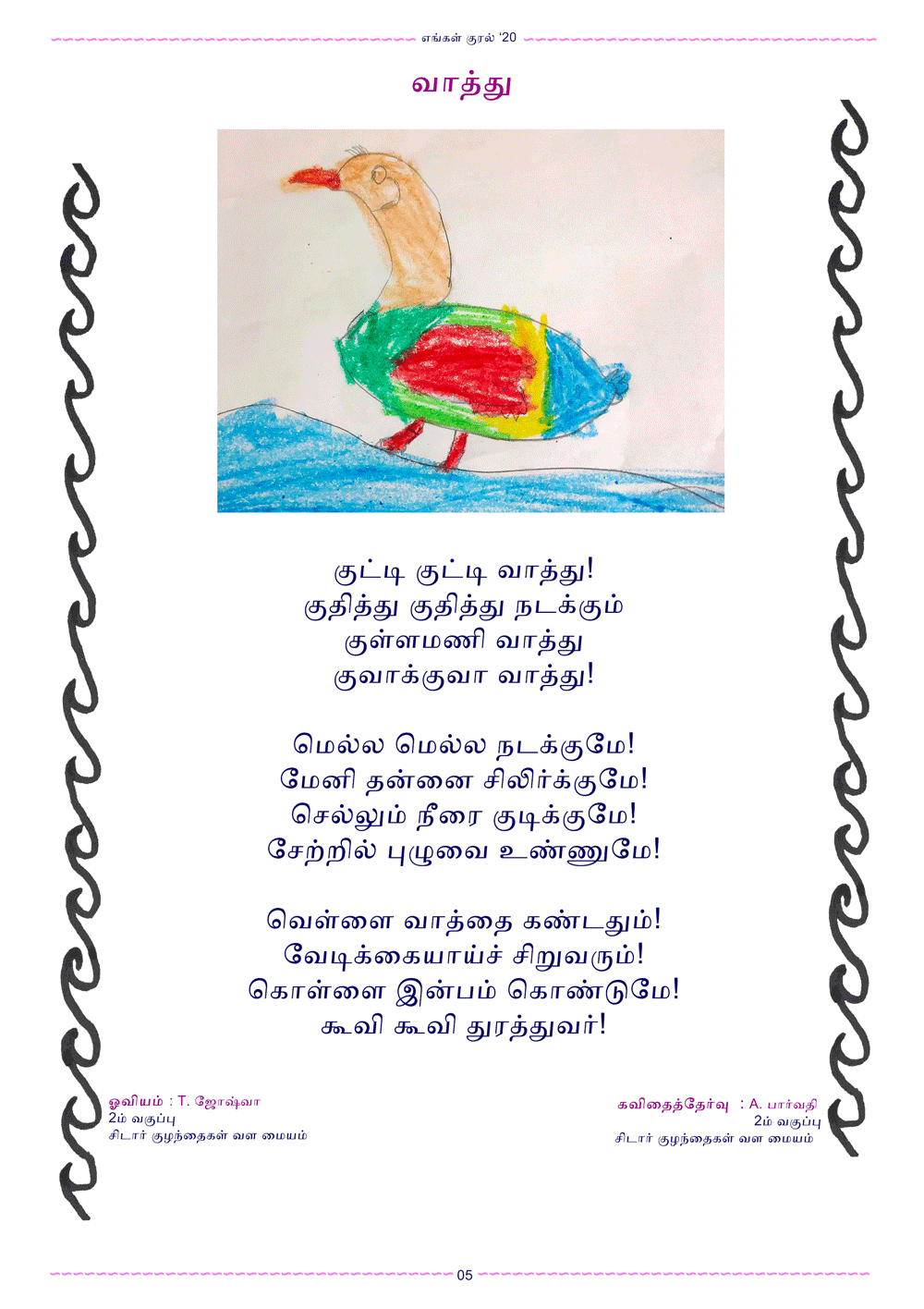
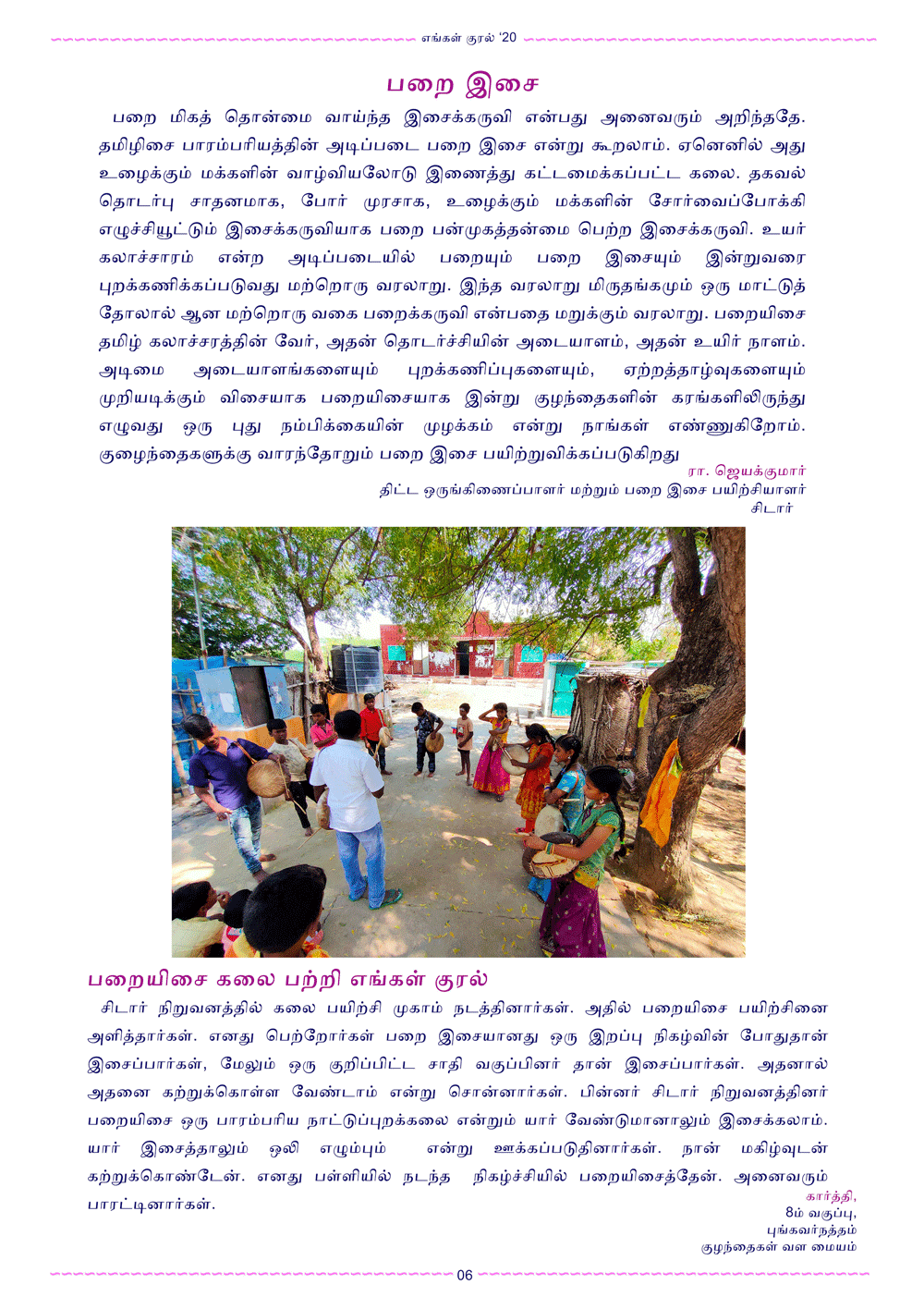
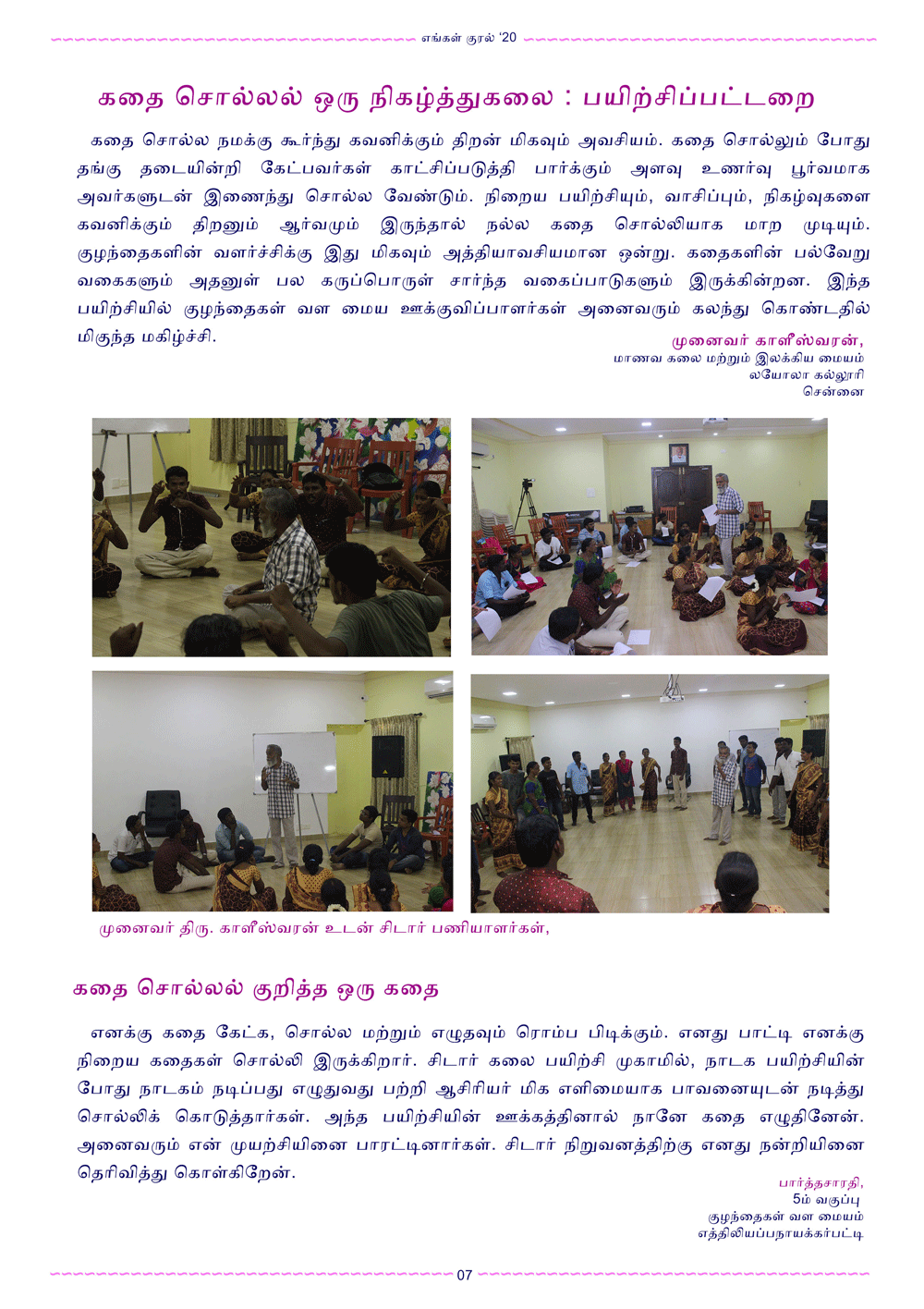
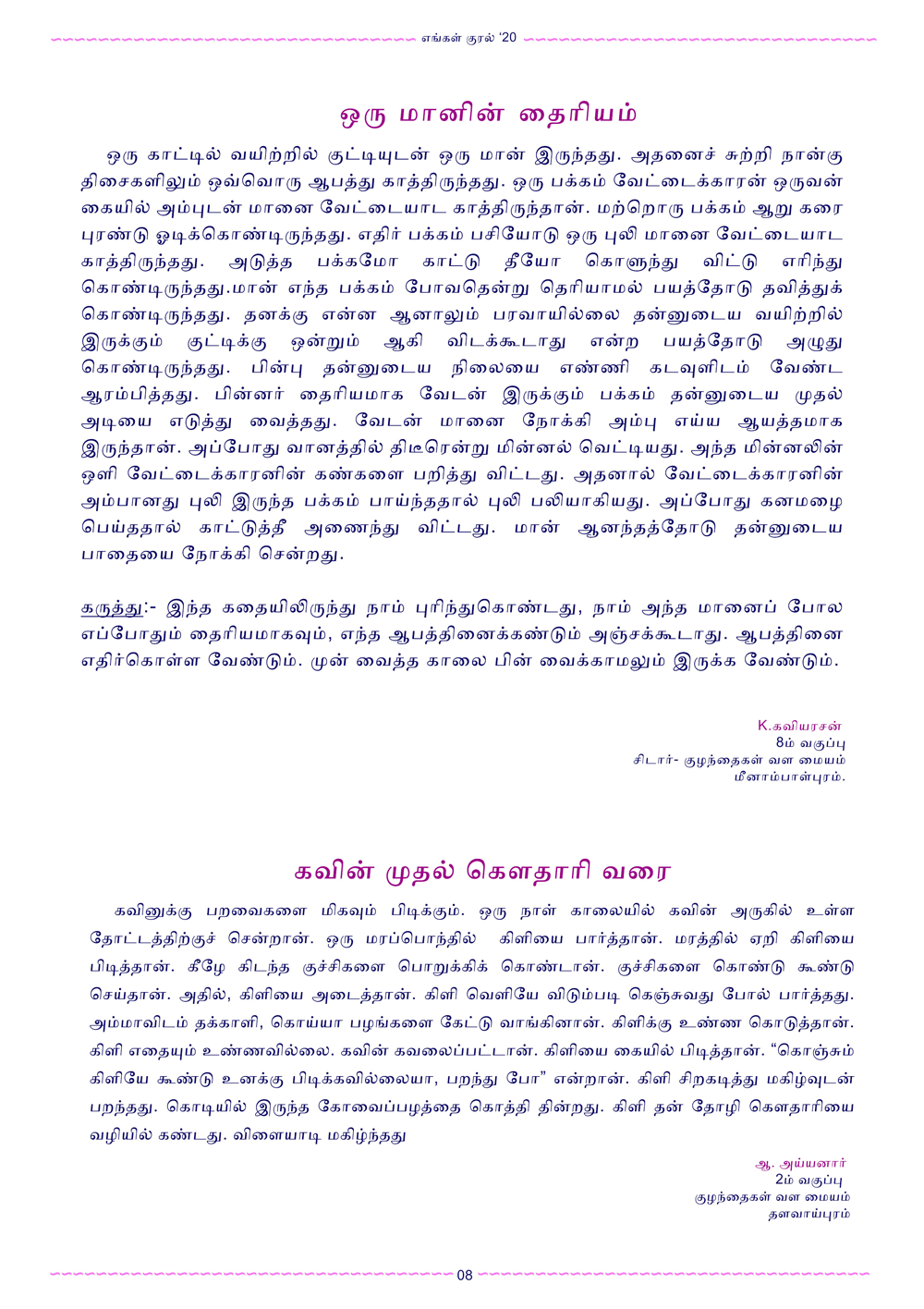
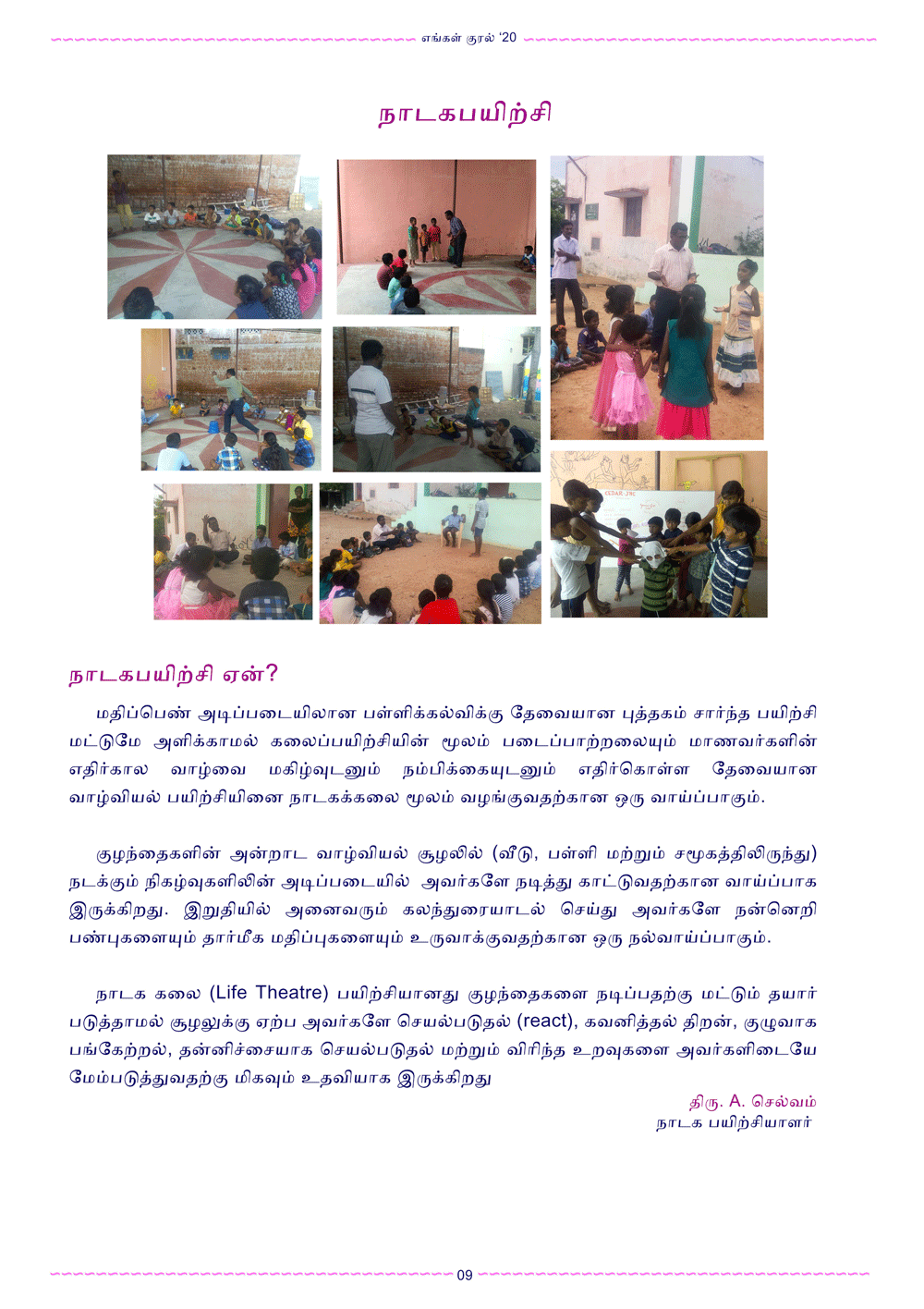
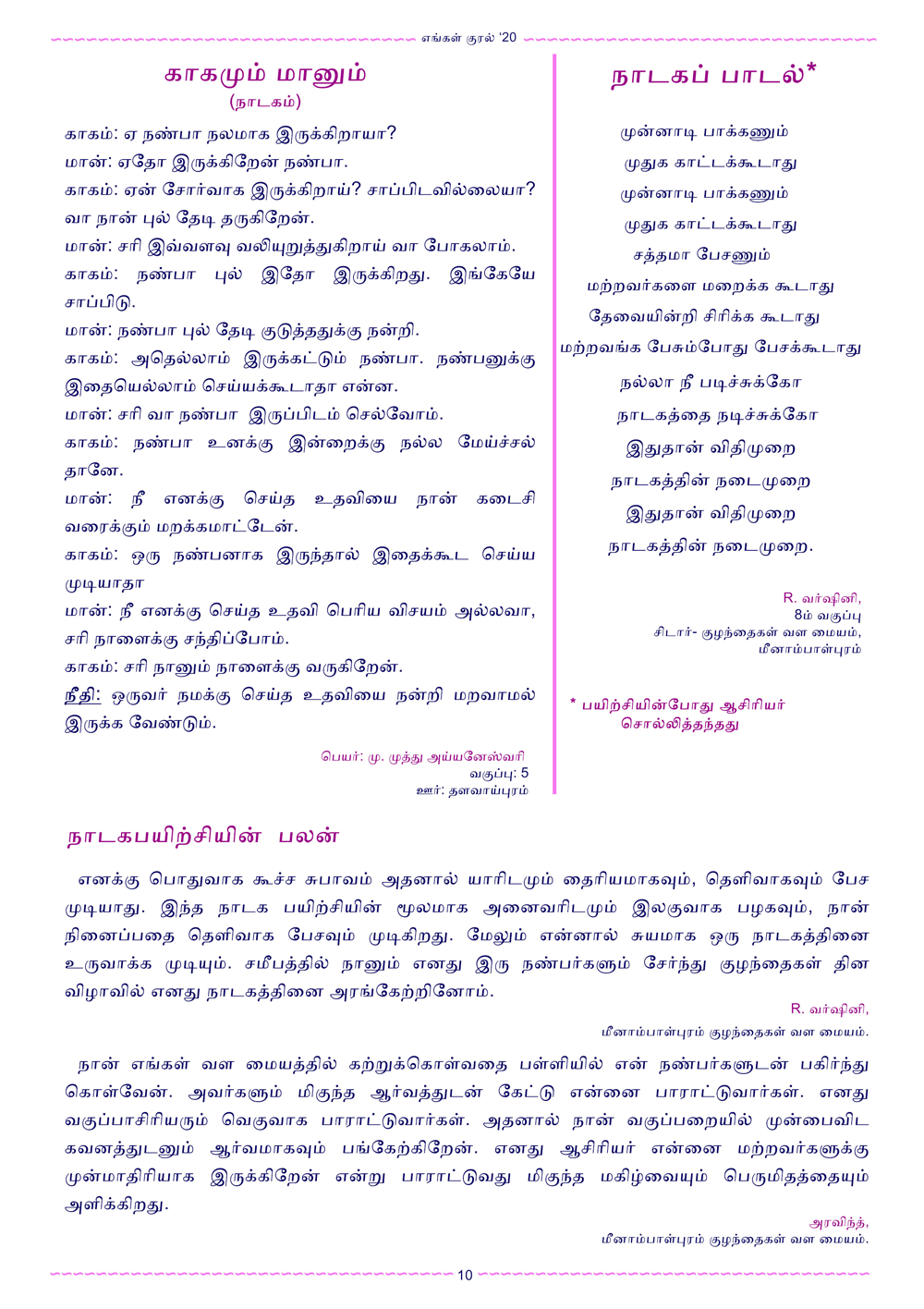
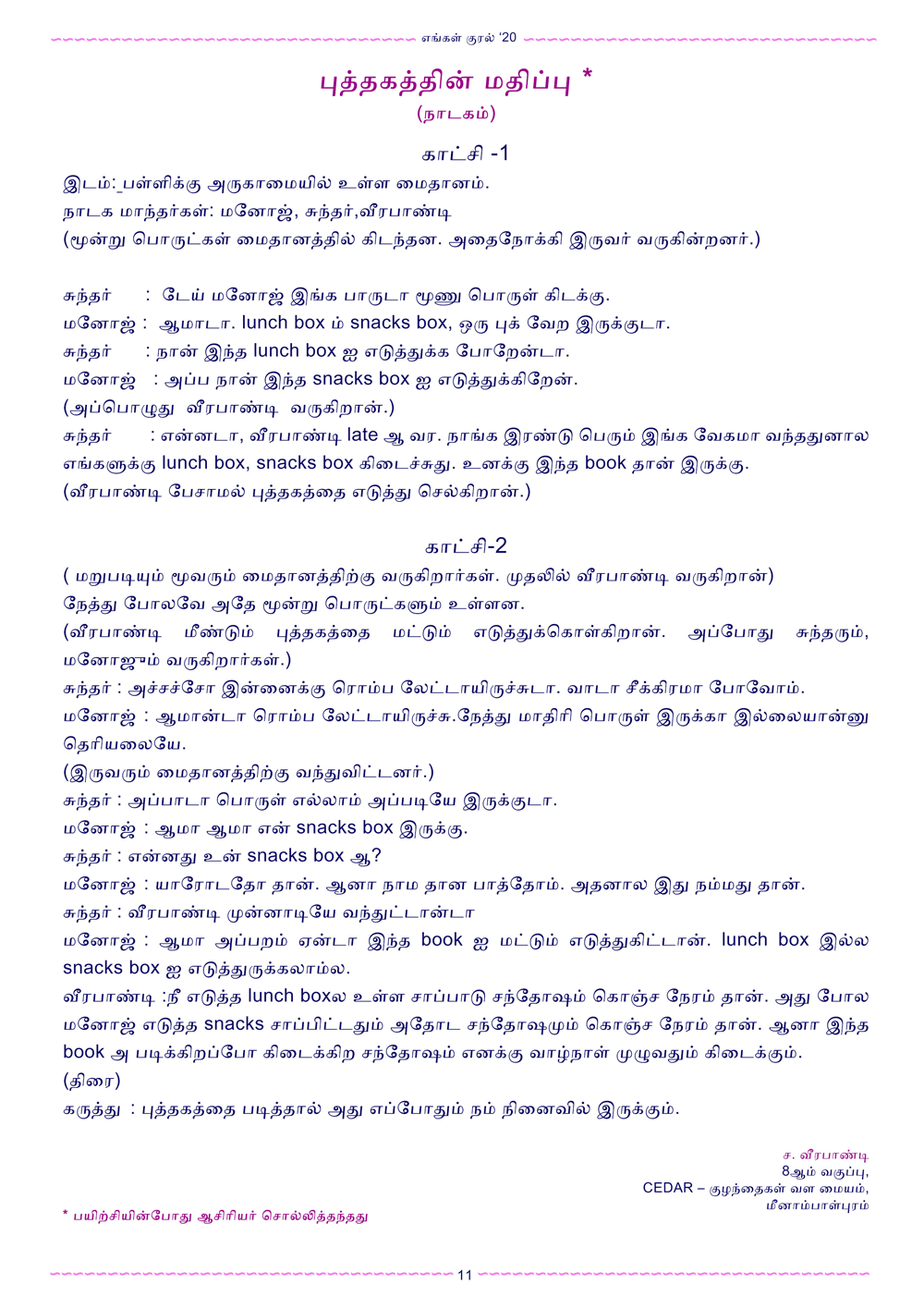
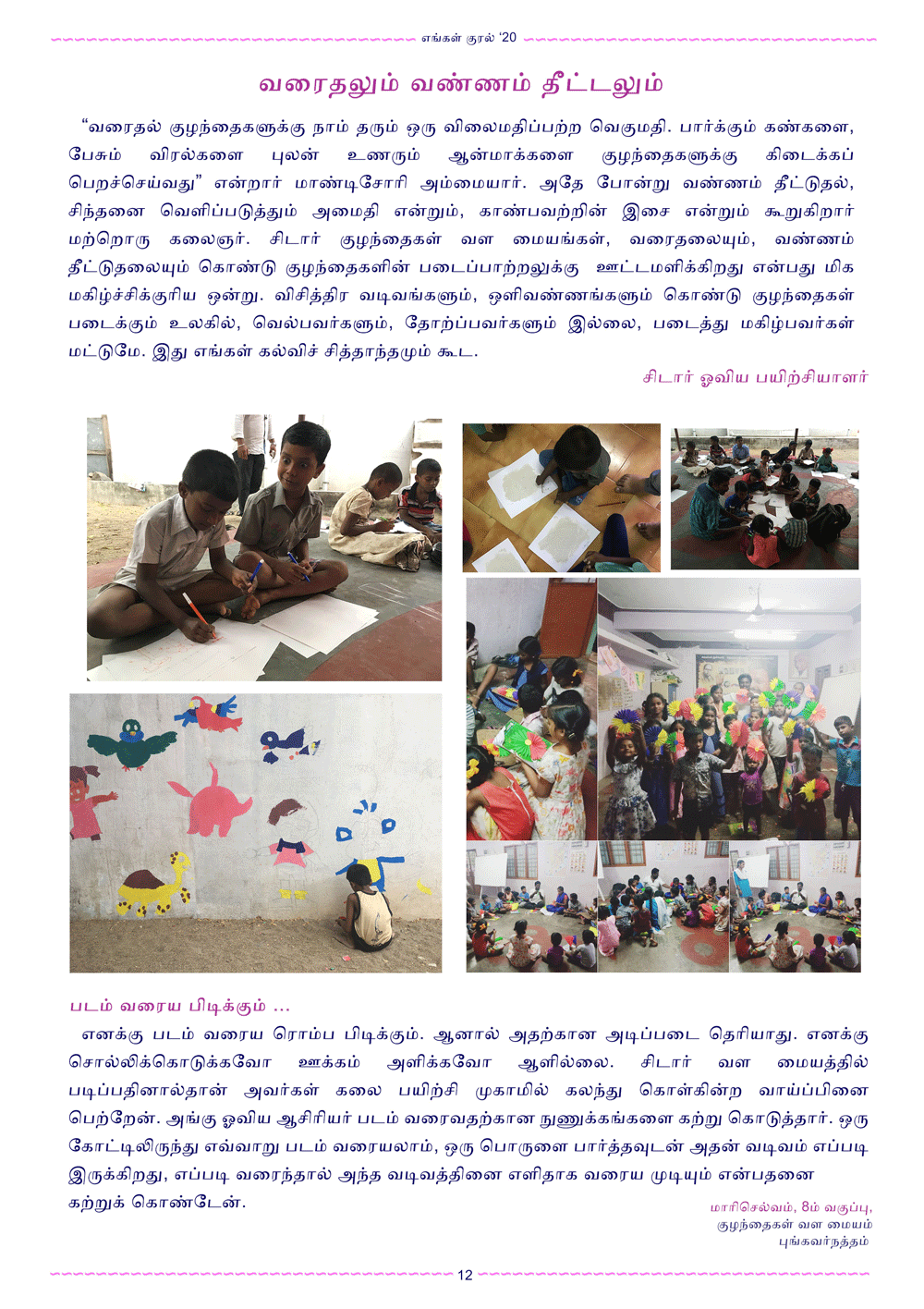
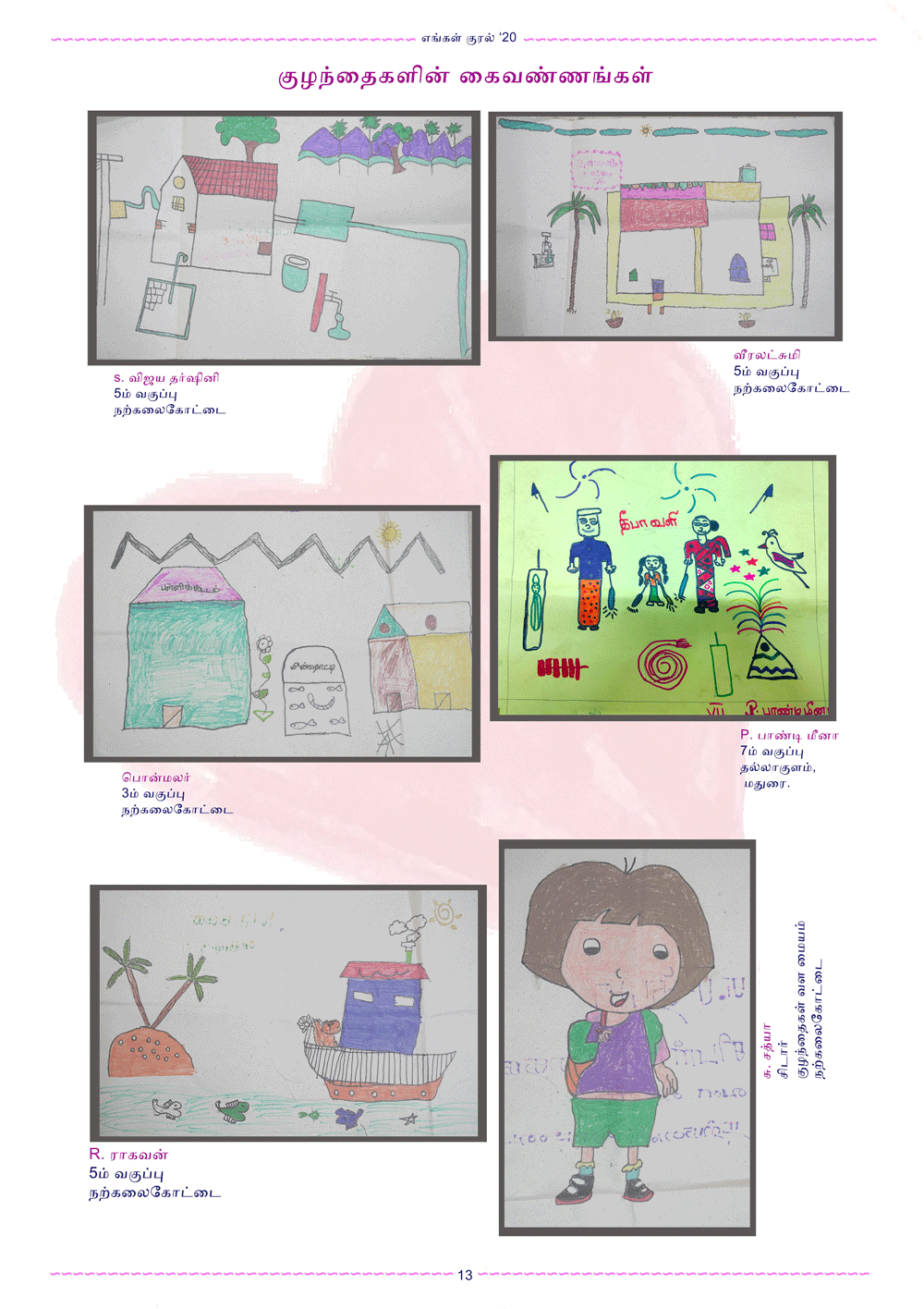
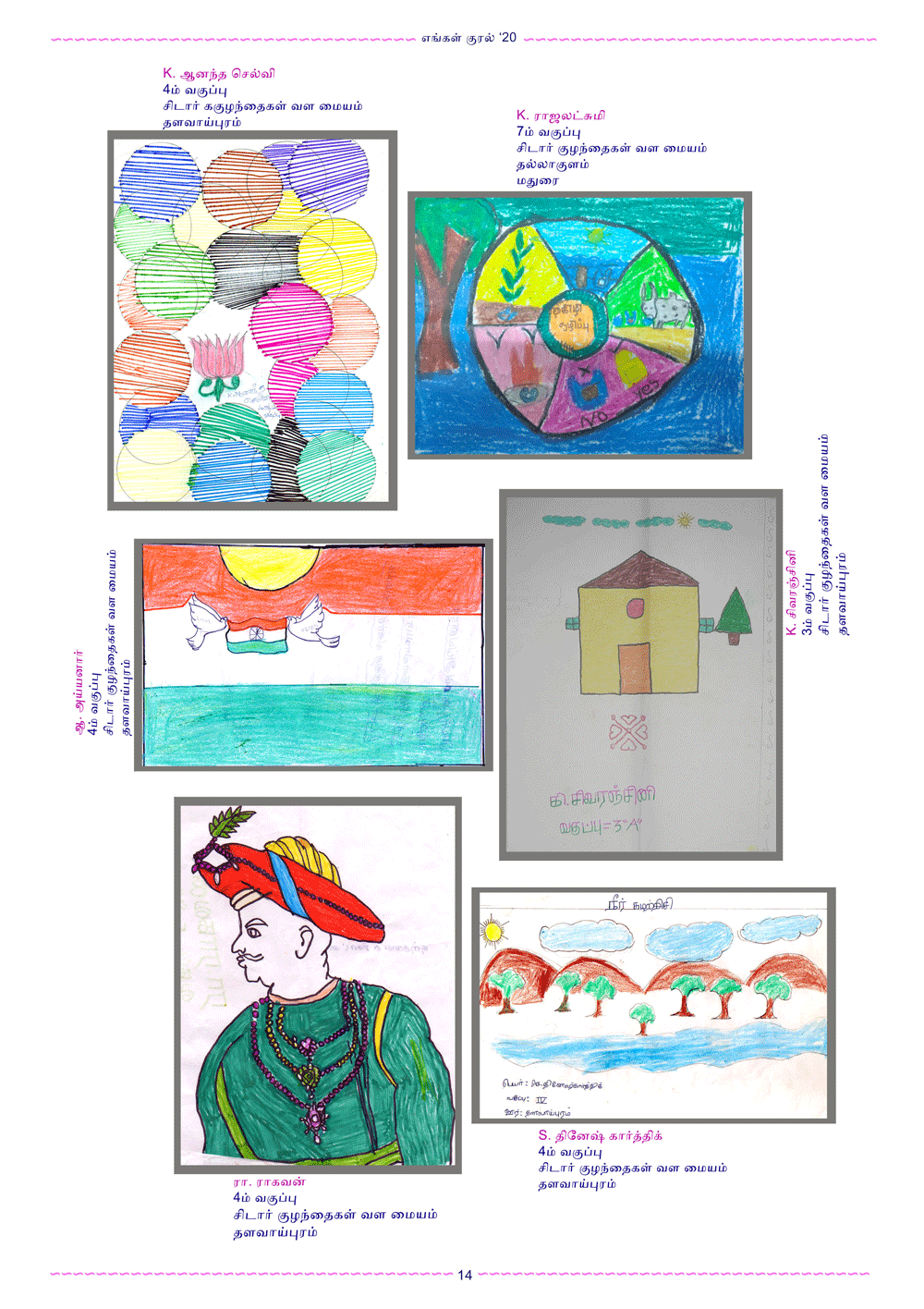
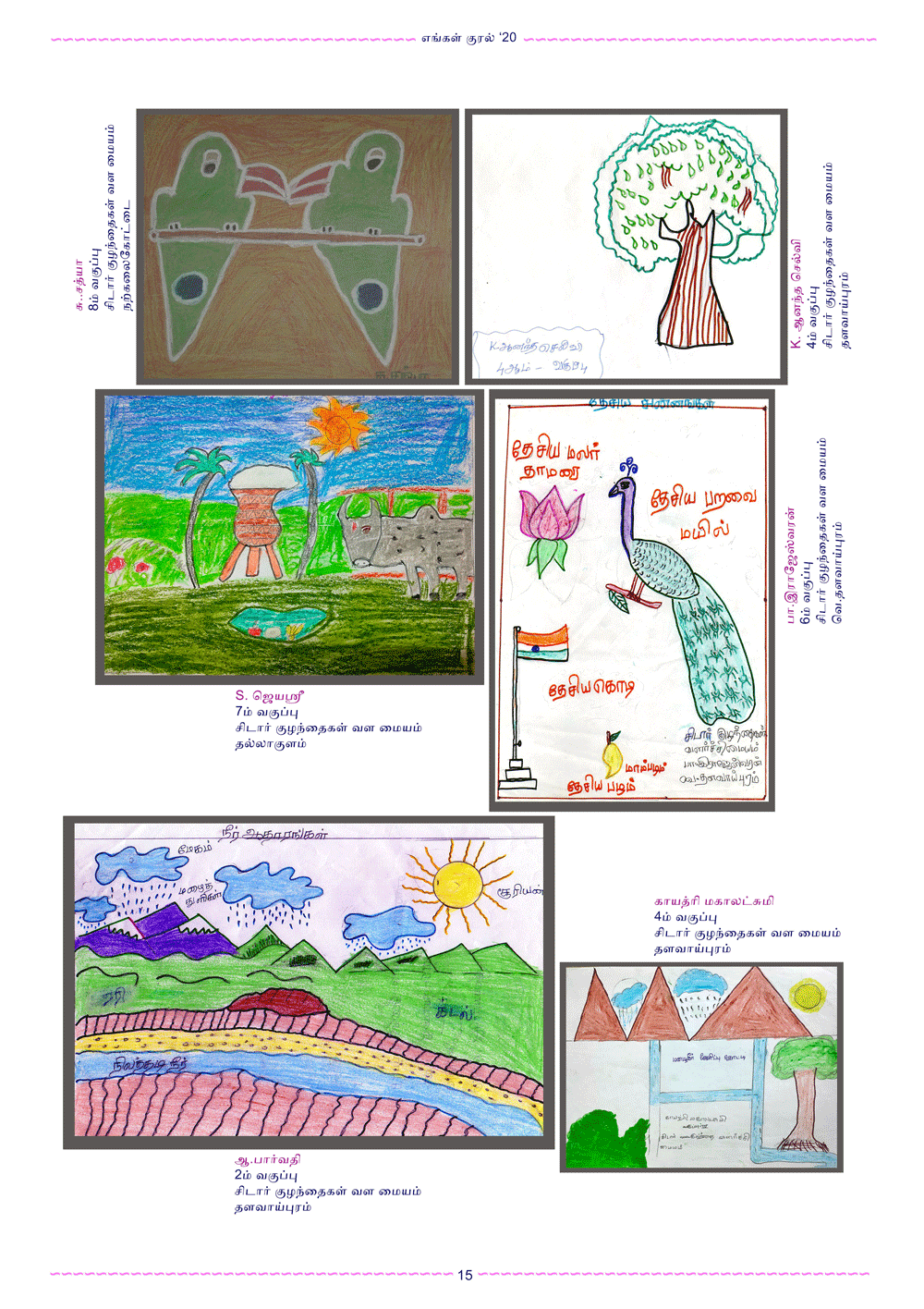
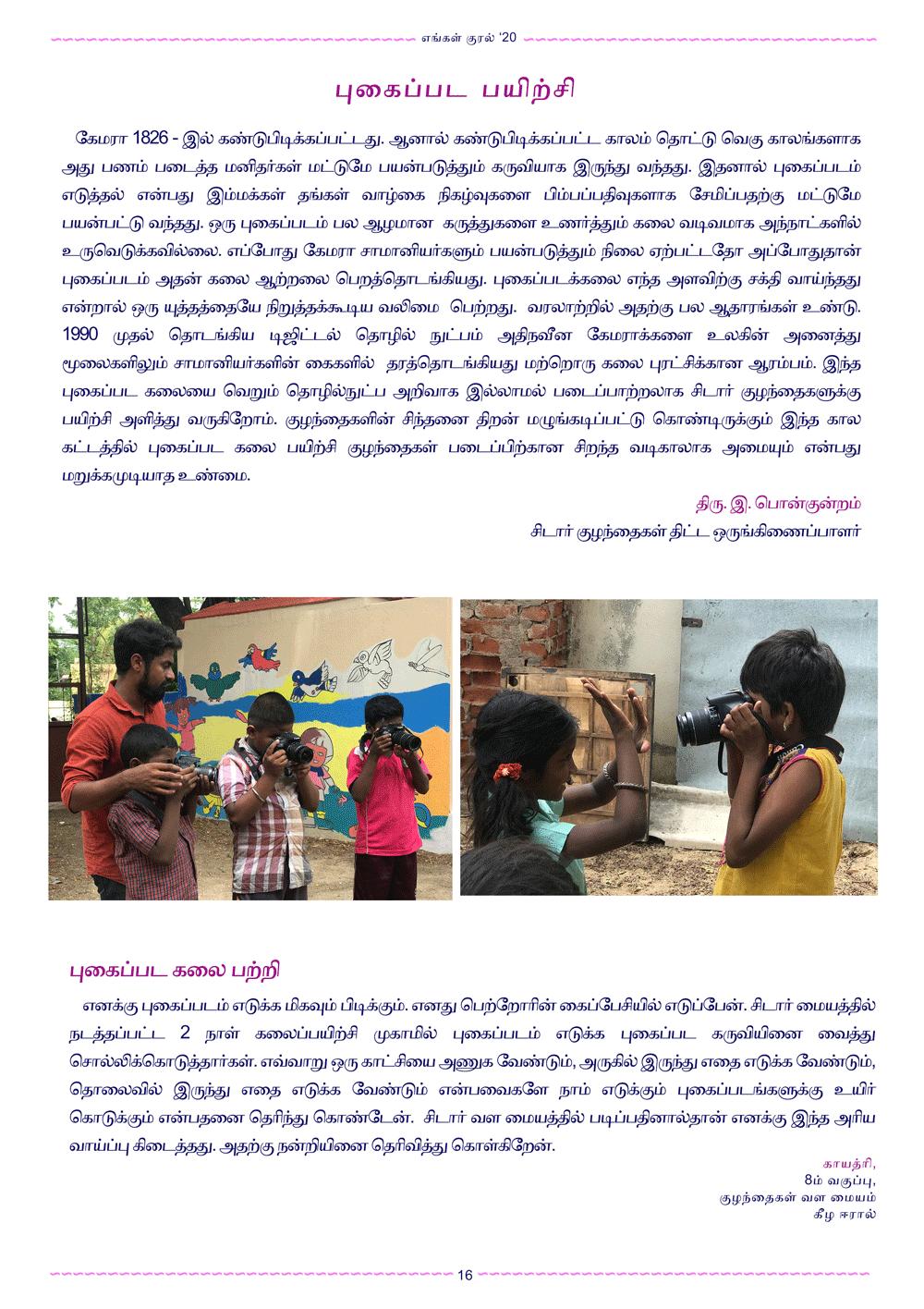
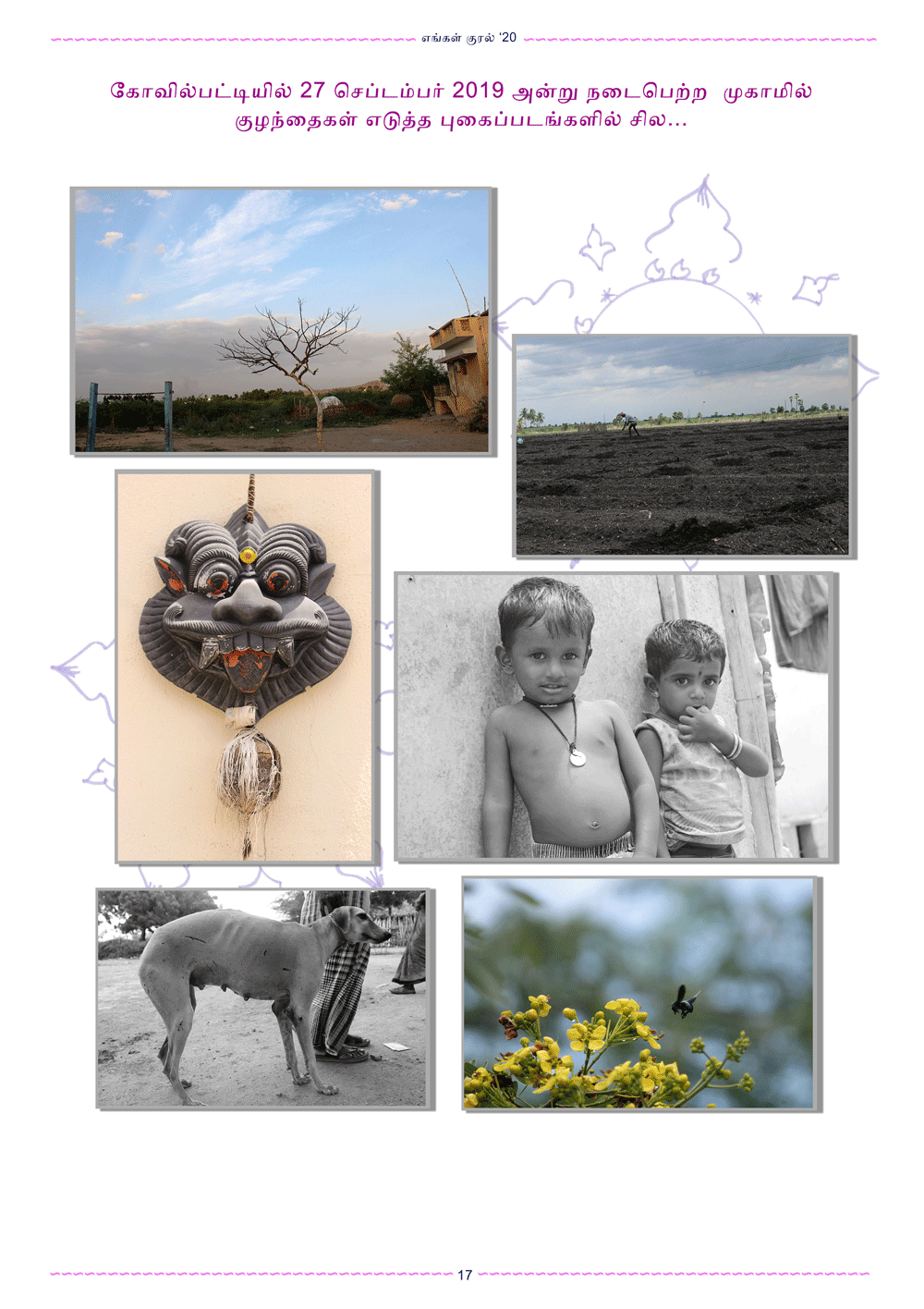
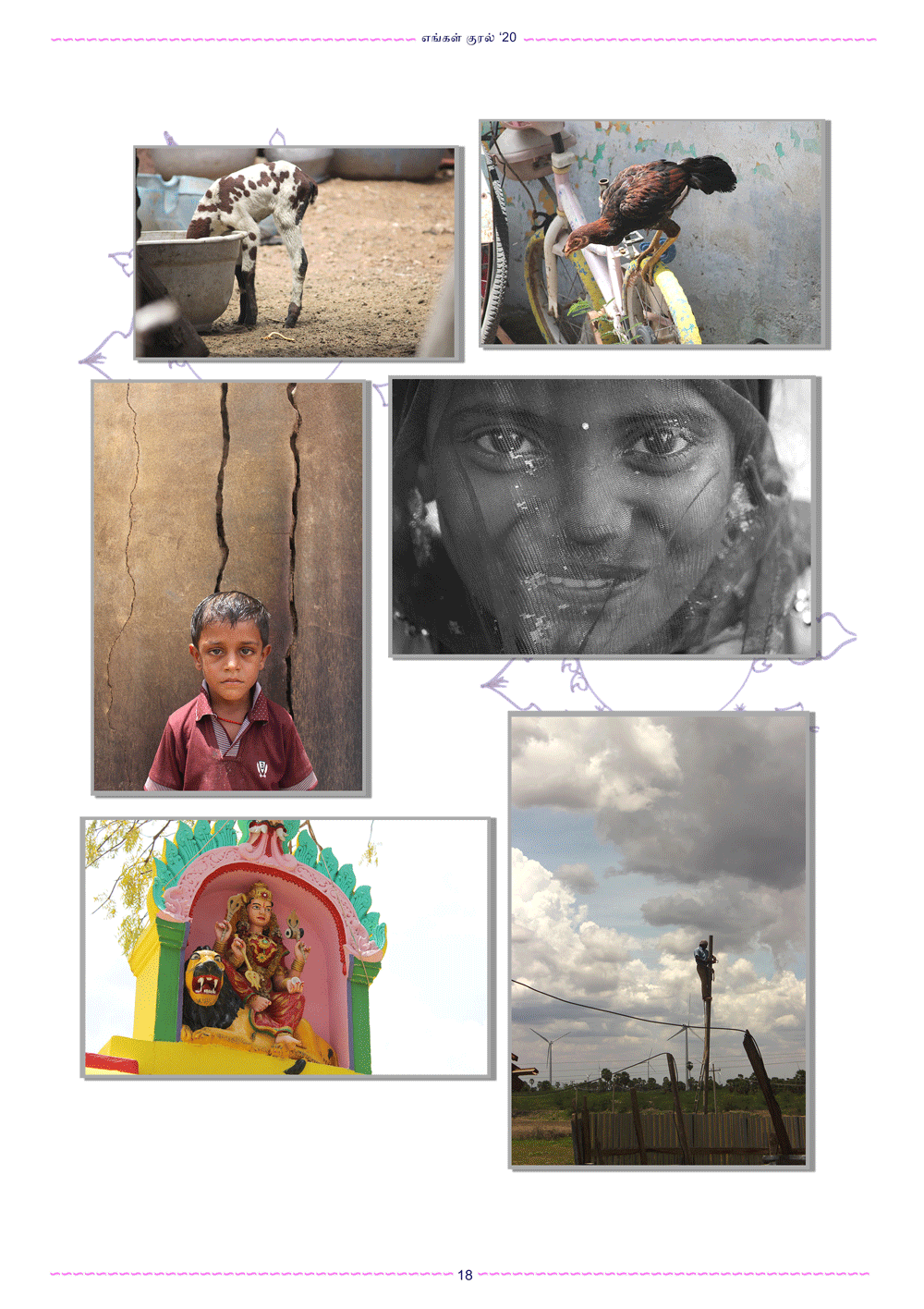
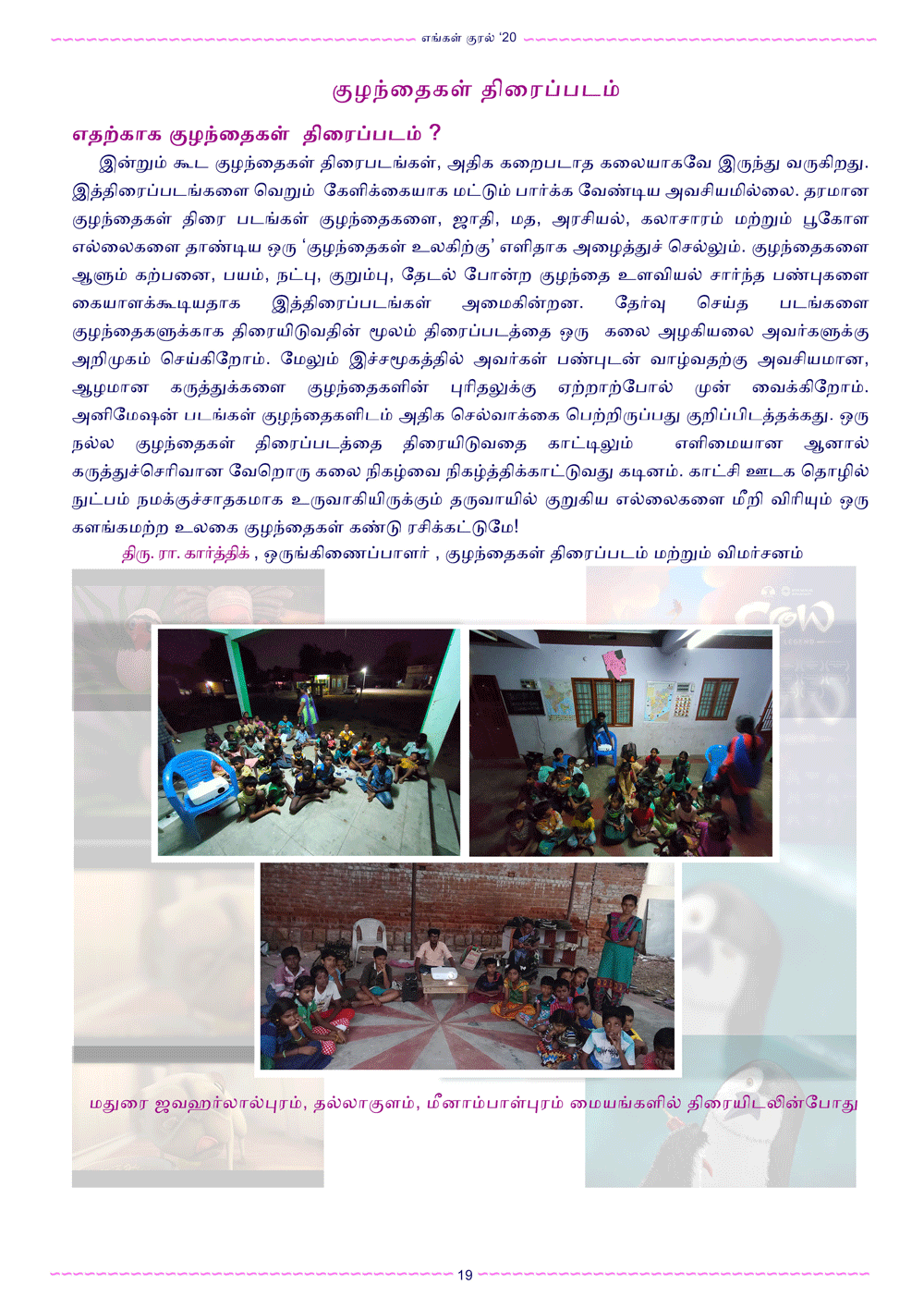
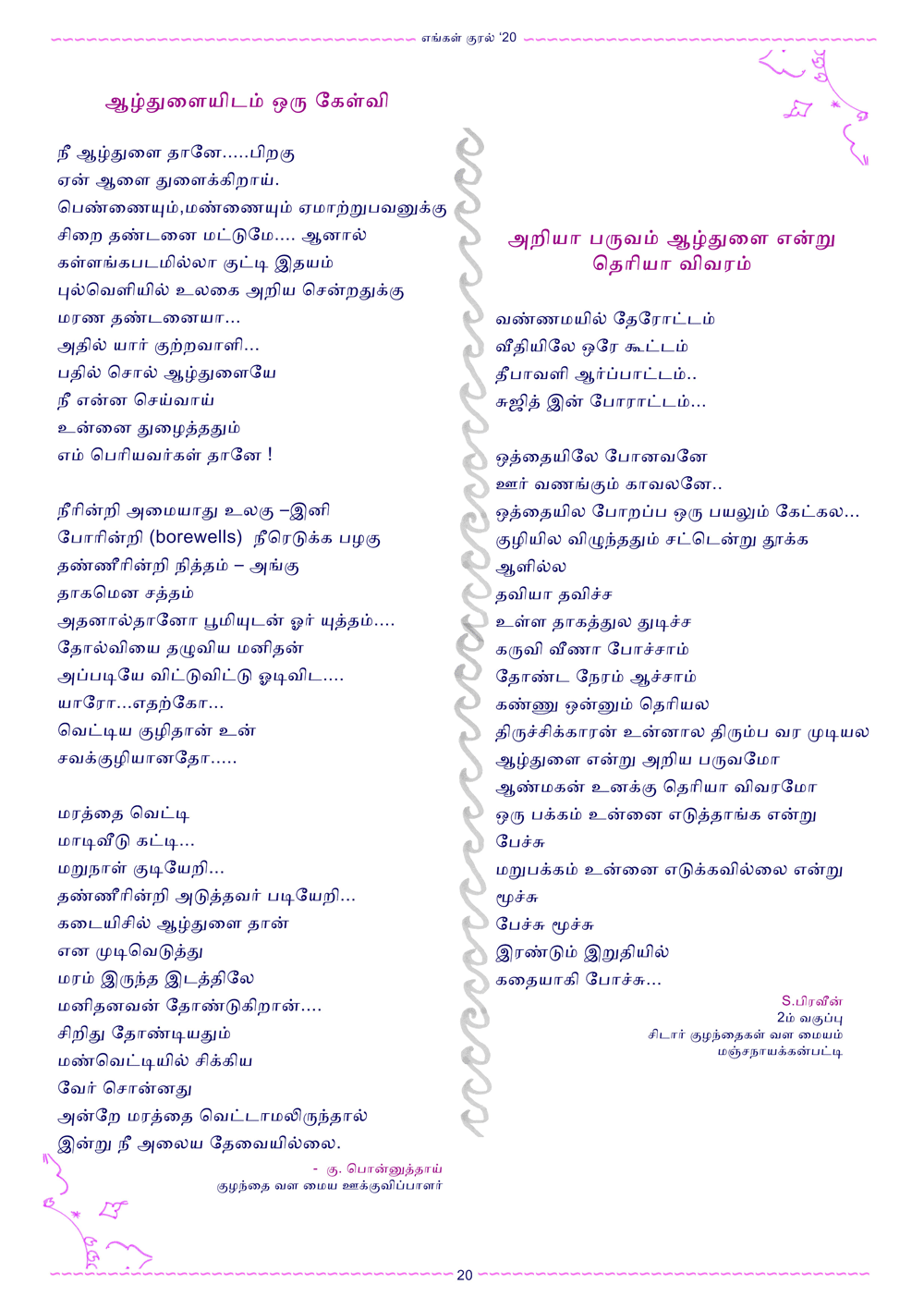
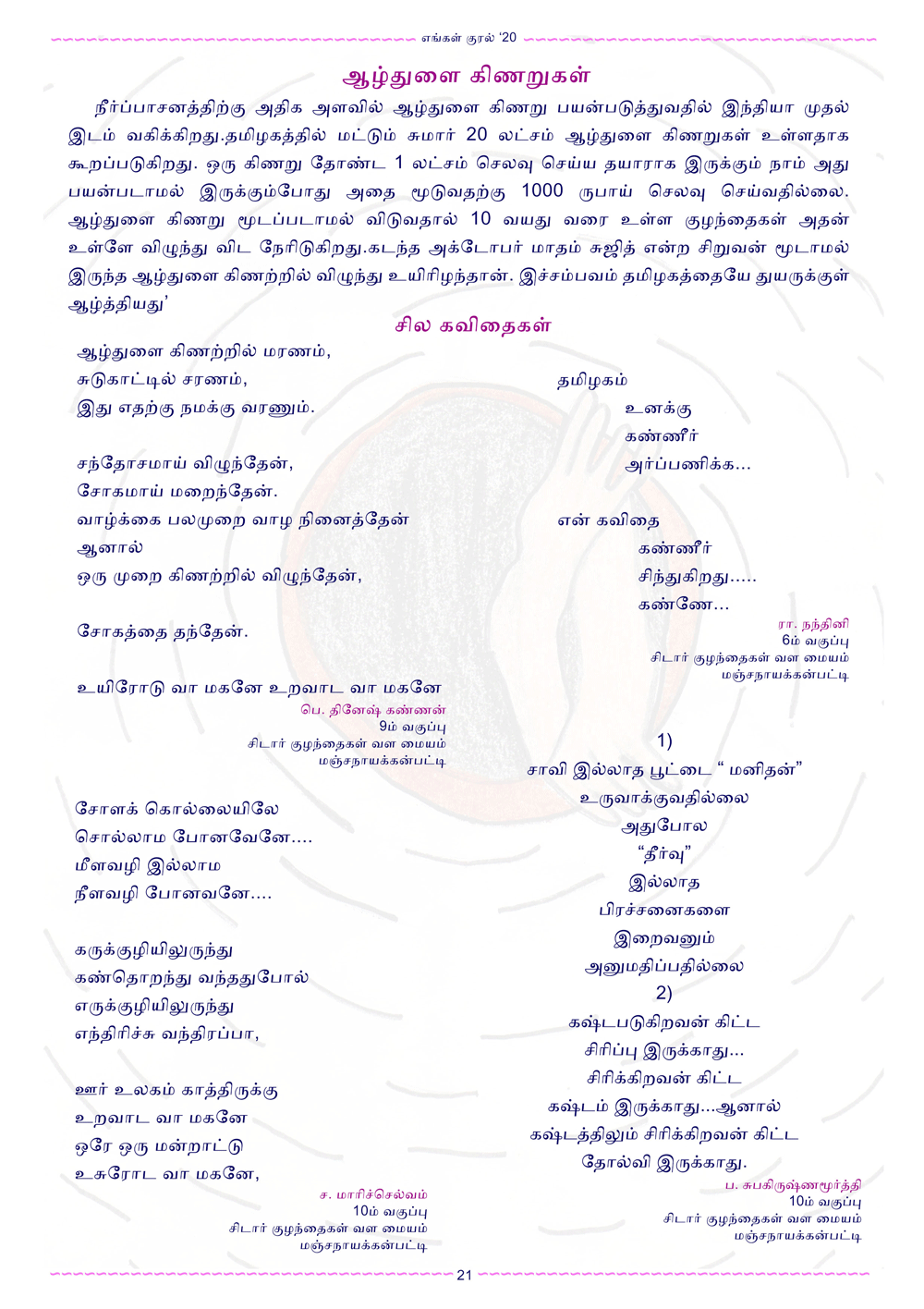
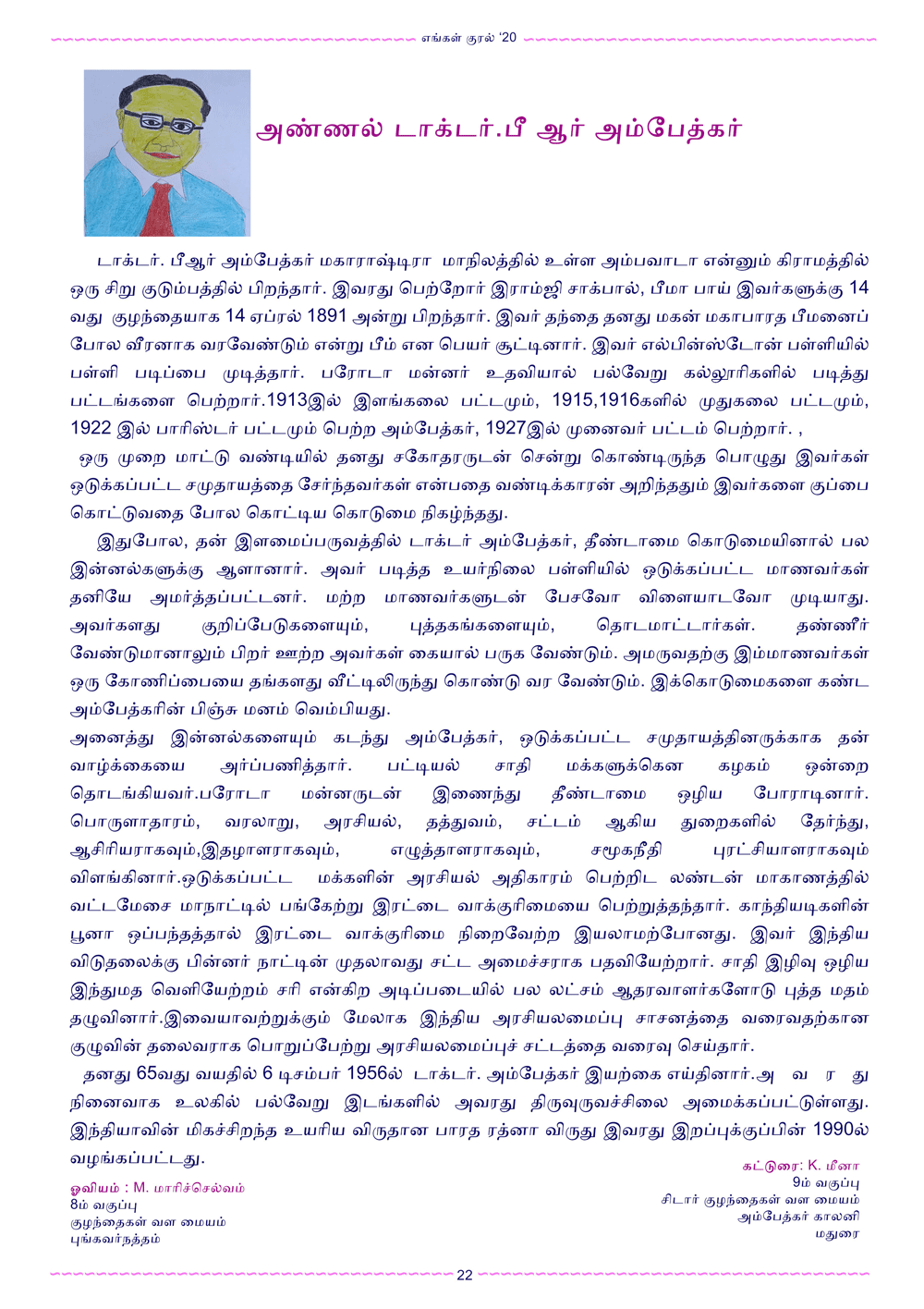
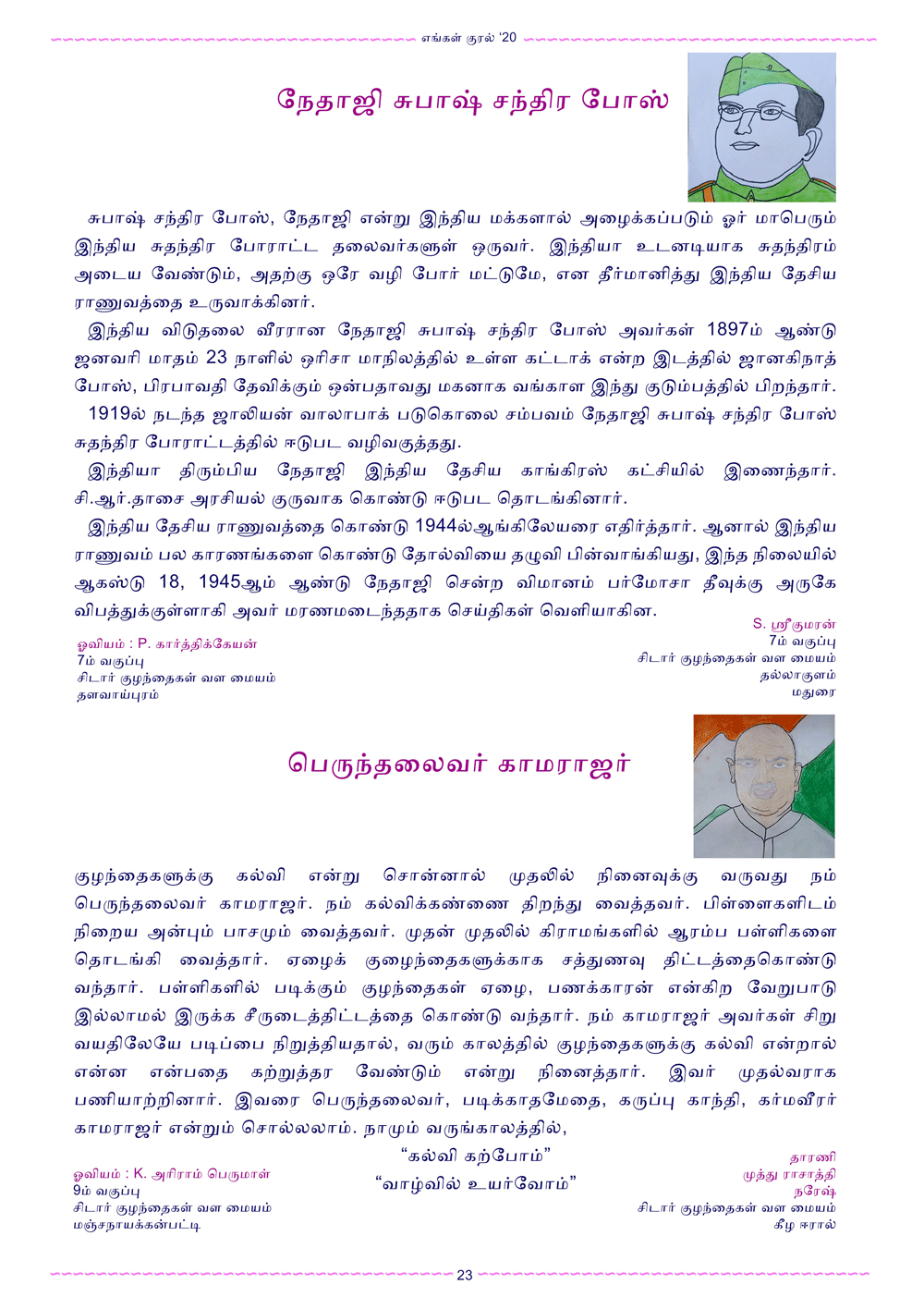
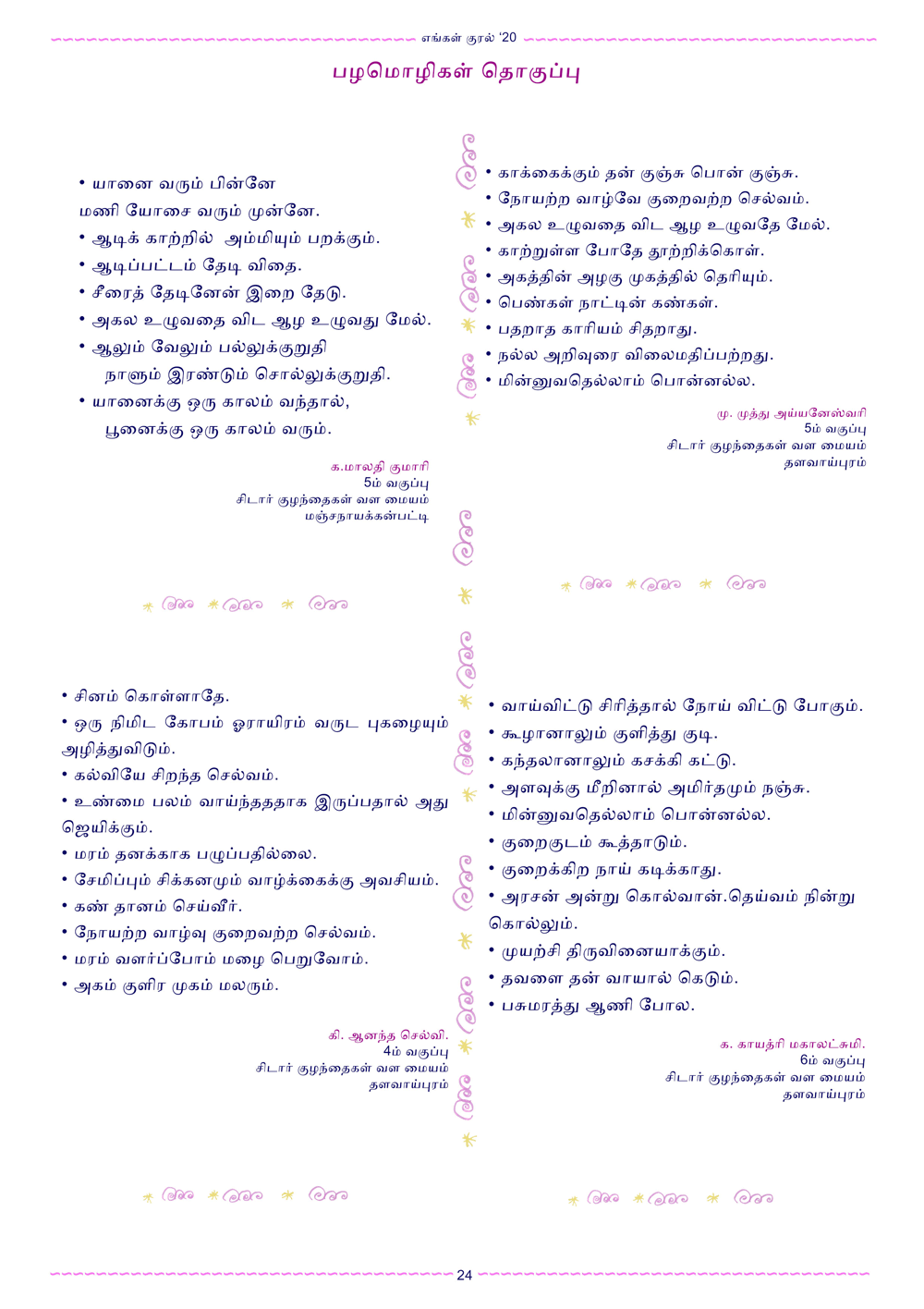
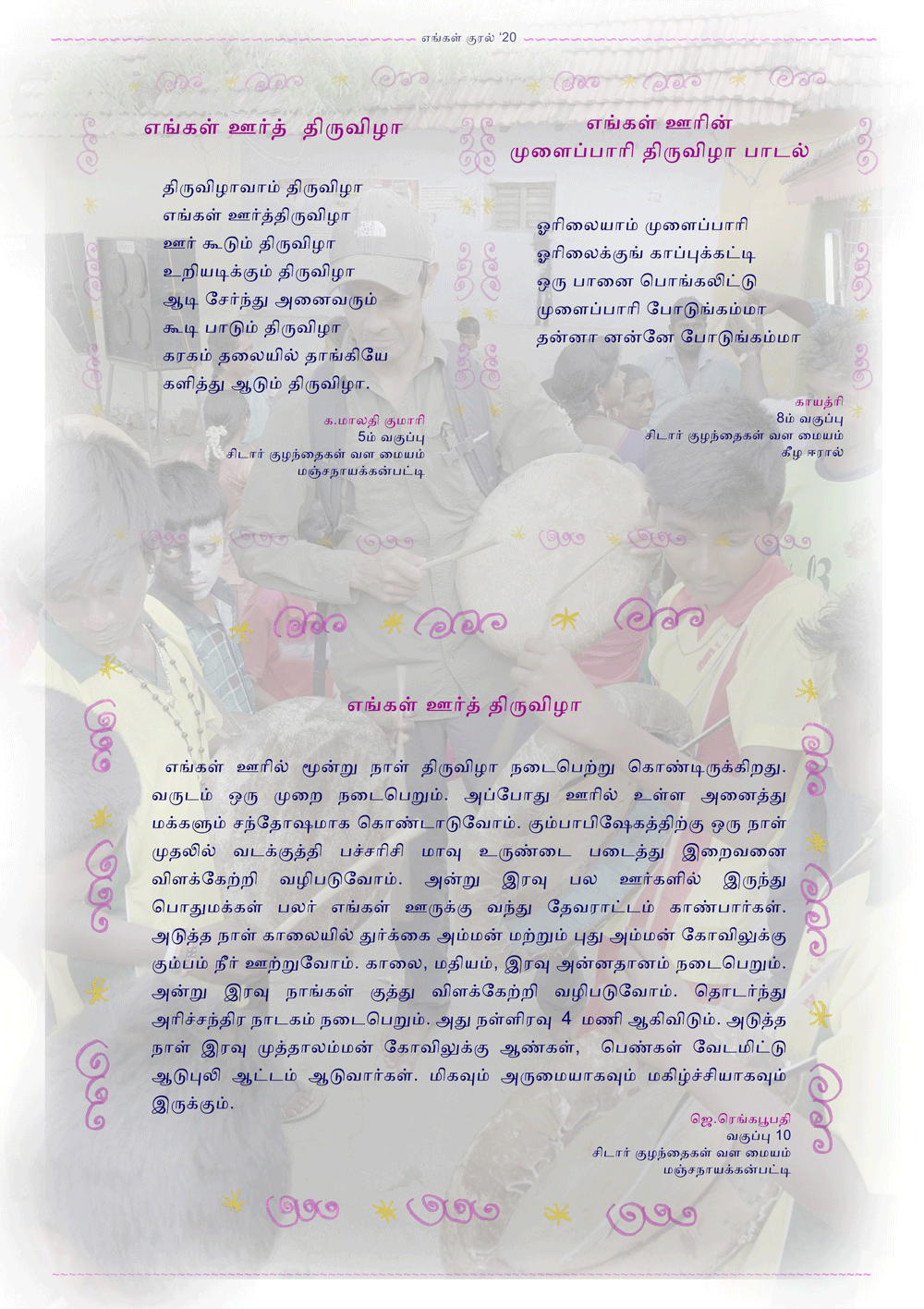
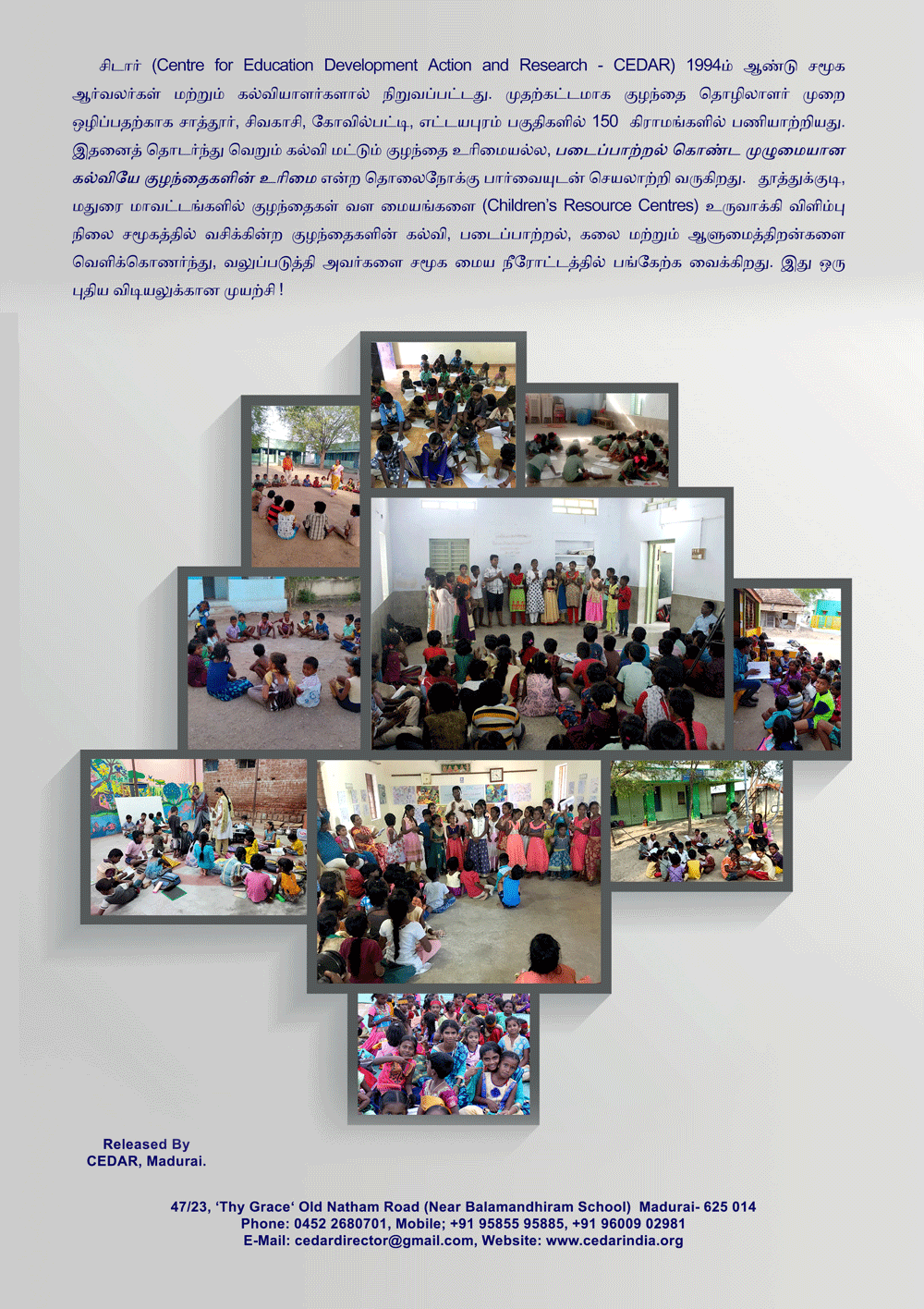
Children are supported to use drama to explore real world issues and challenges that matter to them. They are invited to play with scenarios and imagine how their characters might respond equipping them with the skills and experience to solve problems in their own lives. The children perform their plays and skits to the wider community inviting dialogue as children pave the way for change.
“Earlier I was a shy person and not able to speak to others clearly. After attending drama class, now I am bold enough to speak to others and speak my mind clearly.” – Varshini
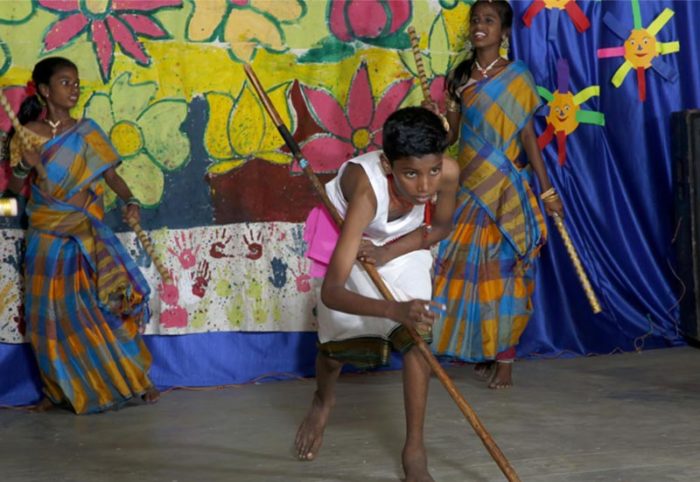
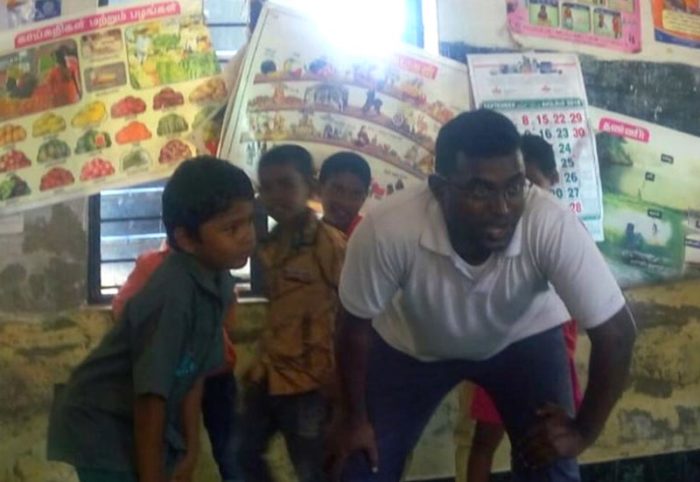
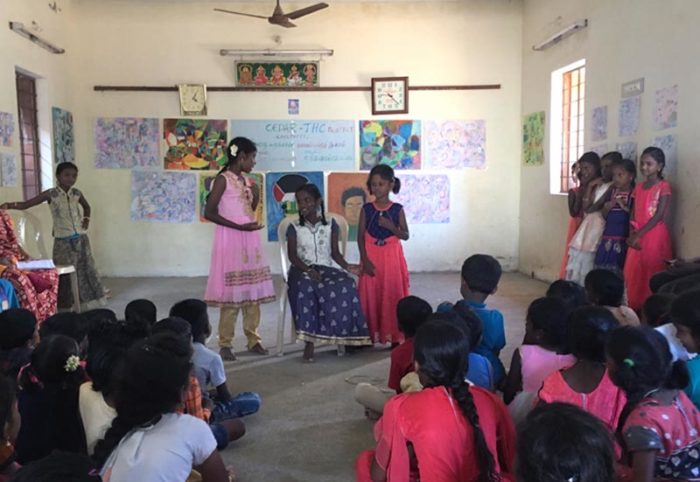
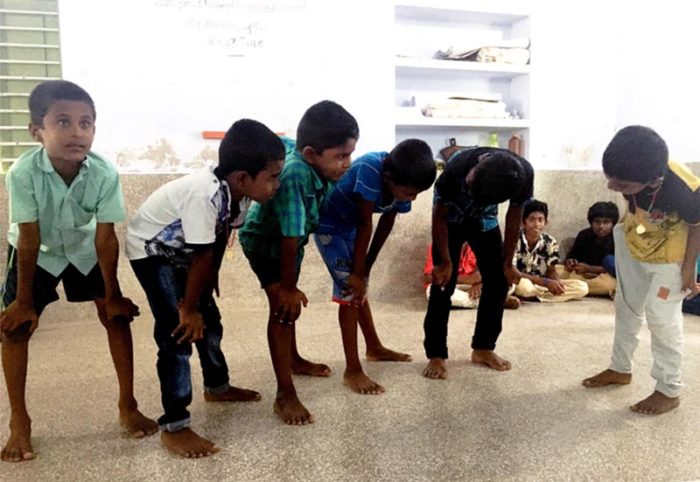
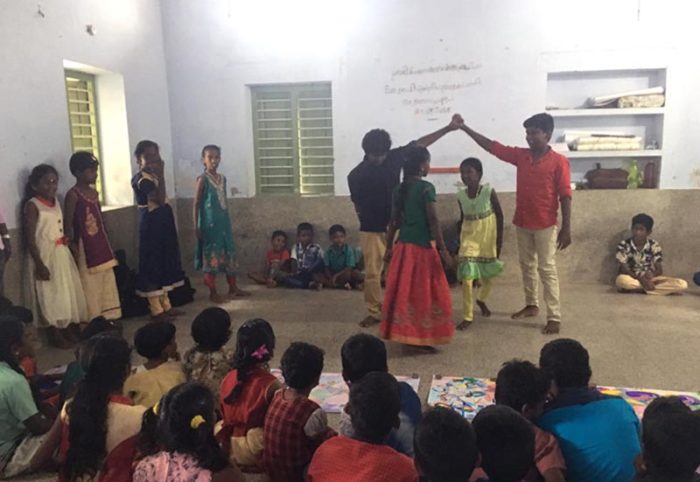
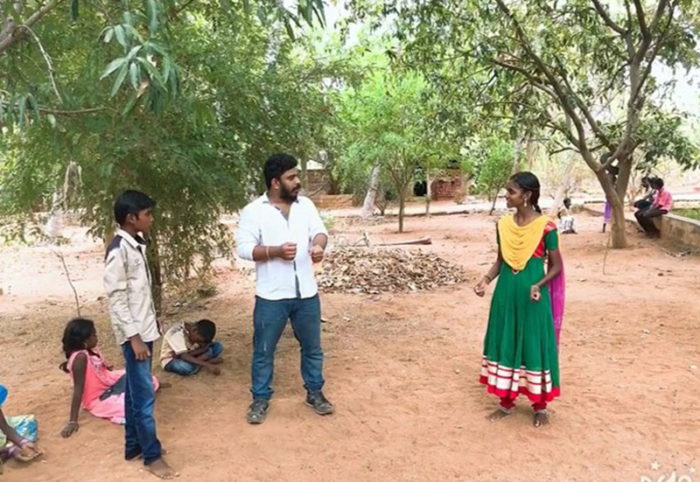
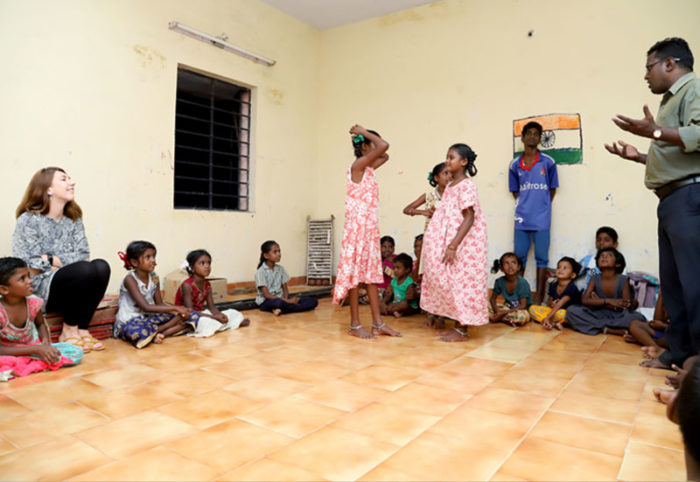
Within the hubs our partners encourage children to reclaim and rejoice in the traditional art forms of their communities which can be devalued and stigmatised by others. For example, the pariah drum is often considered an ‘unclean’ instrument because it is used at funerals and the people who play them are seen as ‘impure’. Children from different parts of society come together and learn to play these drums in new ways, turning it from a symbol of exclusion to one of celebration and unity.
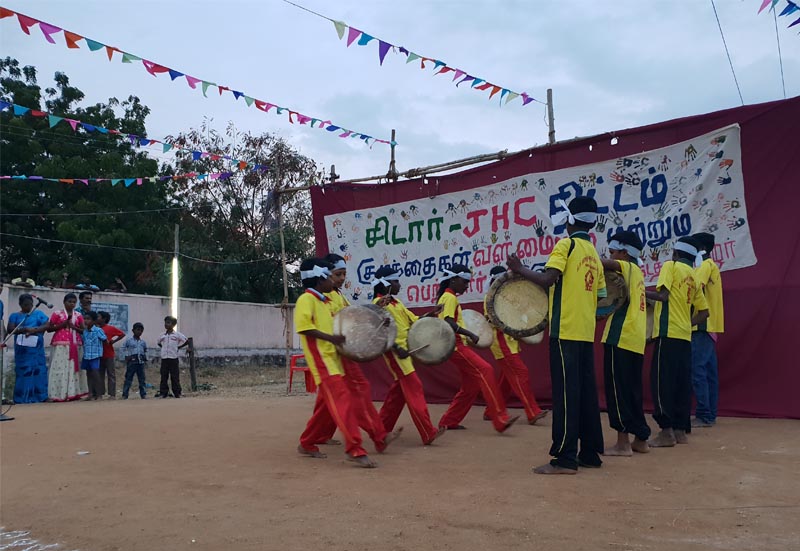
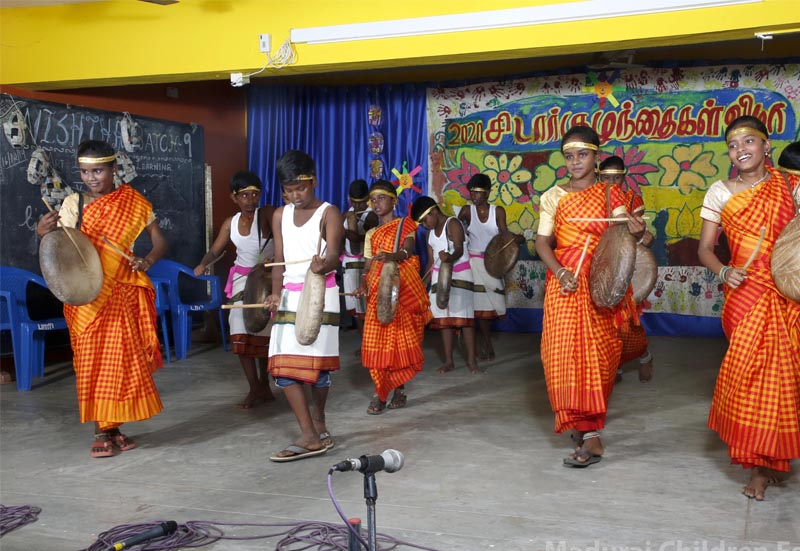
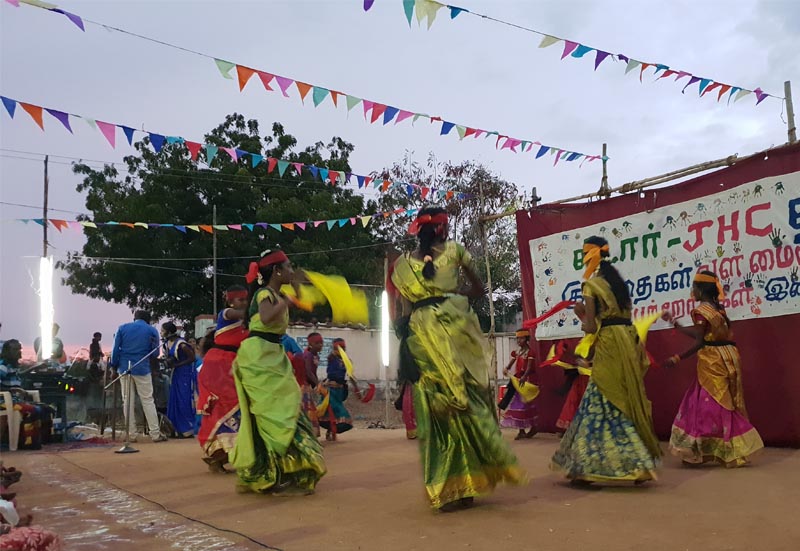
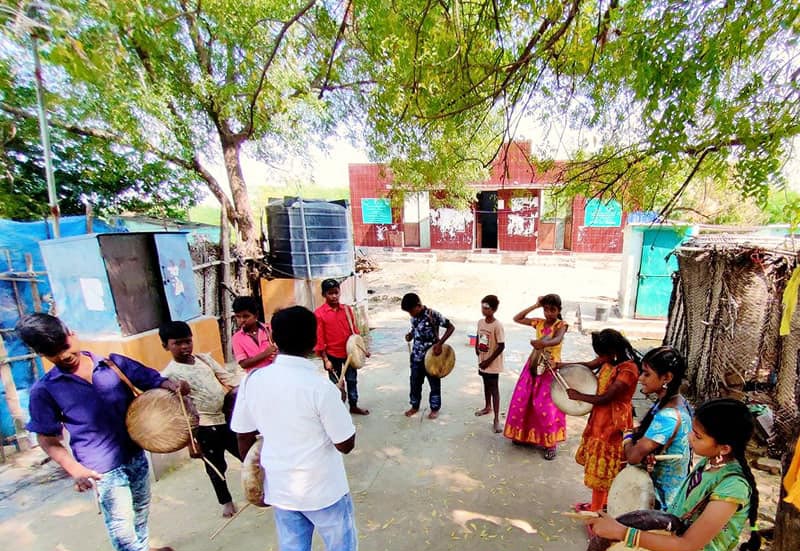
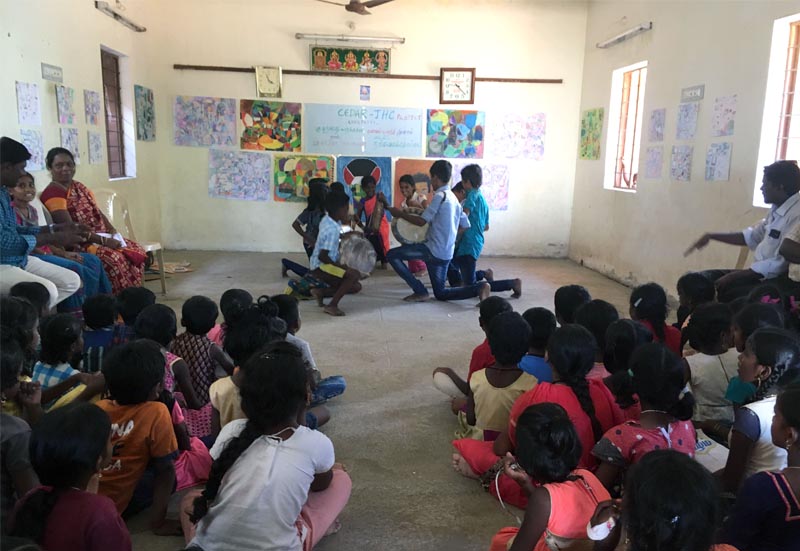
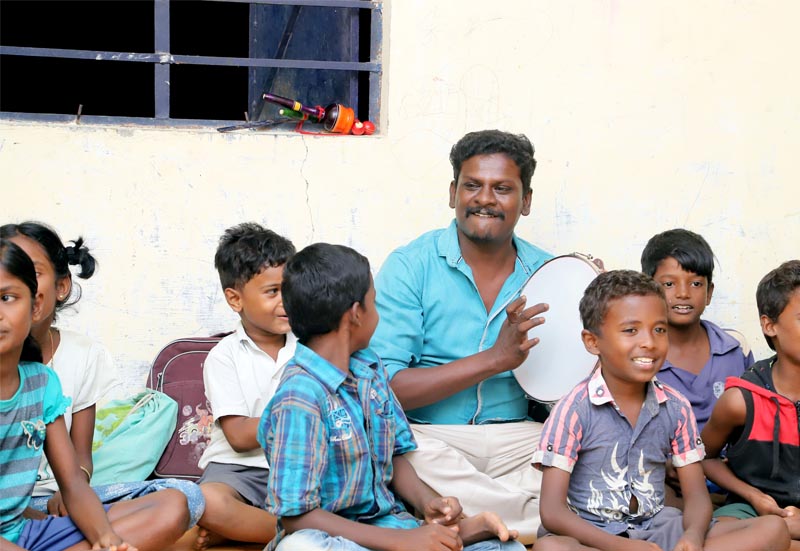
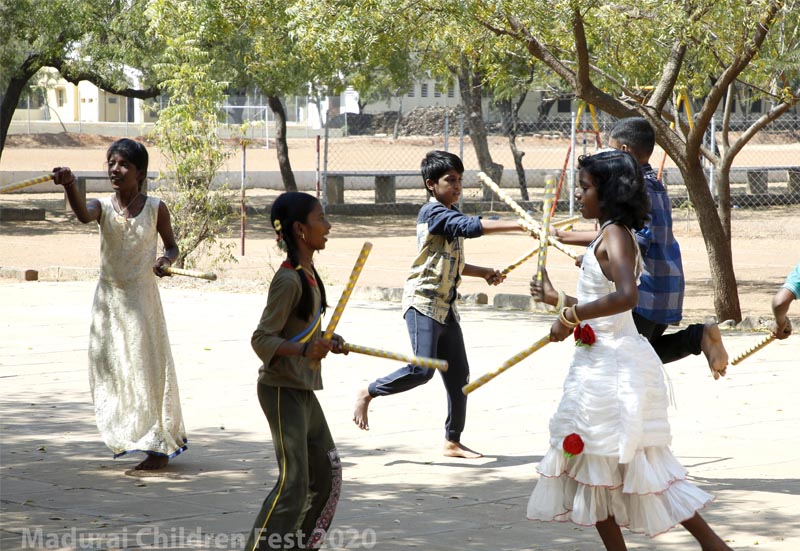
Inspired by…Guna
In our Children’s Hubs you will meet inspirational community leaders like artist and activist Guna. Guna doesn’t just teach children art. Brush in hand, he will quietly begin to paint – silently inviting a curious child to pick up a brush, sit beside him and join in the creative process. Children, he says, are less encumbered by prejudice and preconception – they are more likely to play with shape and colour in imaginative ways – and this ‘willingness to play’ is profoundly important for creative problem solving. Flipping the traditional relationship between teacher and learner – Guna sees learning as collaborative and co-creative. ‘Everything is my teacher’ he says, ‘a glass of water can teach me something about light if I use my imagination’.
Guna delights in helping children to use art so that they can ‘discover their passion’ early. Something that he was not able to do because there was no one to similarly inspire him as a child struggling to give voice to his creativity. He holds up a brightly coloured and vibrant piece of art that the children have collaborated on in a Children’s Hub recently. The beautiful looping swirls are Tamil letters – vowels to be precise. Vowels are ‘magic letters’ he tells us – known as ‘soul letters’ because they give life to ‘body letters’ (consonants) – through them words take shape as letters collaborate to carry and convey meaning. ‘Soul letters’ help to unlock the latent potential of words just as Guna uses art to unlock the unique and creative potential of every child.
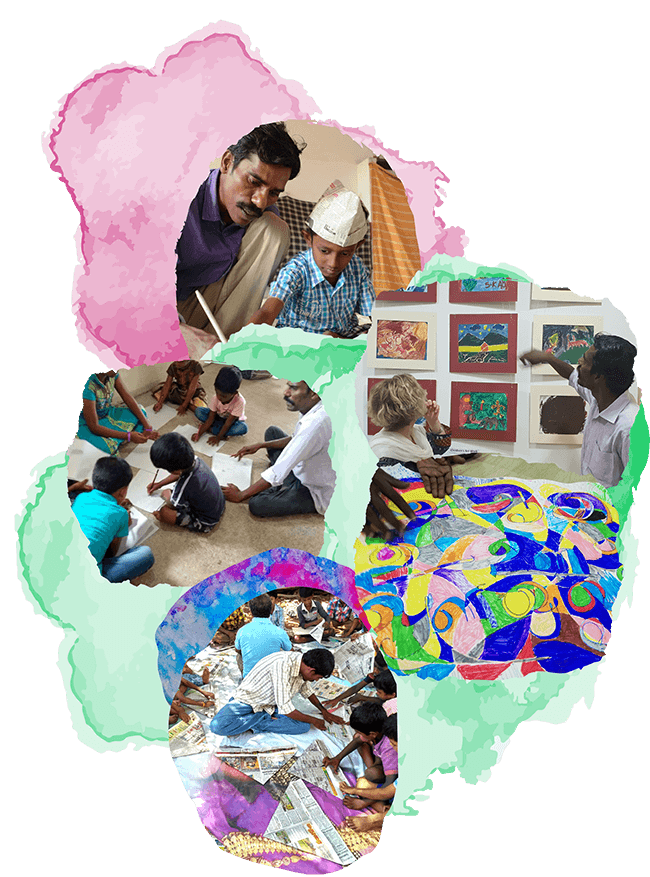
“Enable” - The Paper Boat Toolkit
Antoine de Saint—Exupery (author of The Little Prince) said “If you want to build a ship, don’t drum up people to gather wood, divide the work and give orders. Instead, teach them to yearn for the vast and endless sea.”
These words beautifully capture why harnessing the creative and playful spirit in children is so important if they are to set sail for distant horizons. There are other waypoints on this journey that are equally important.
Children need to develop a range of practical skills and diverse attributes that will help them to think ahead, adapt and iterate in smart ways as they voyage – to cope when seas get rough or winds blow from unexpected directions. Paper Boat’s flagship initiative is a unique ‘toolkit’ for helping children to develop these essential skills through experiential, project-based learning. This is a flexible resource that is constantly evolving as we learn and respond to the needs, aspirations and priorities of children, partners and communities. We call it the Paper Ark.
The Paper Ark draws upon the ground-breaking work of our Strategic Partner Caplor Horizons in identifying 5 essentials of learning referred to as ‘the 5 c’s of learning’.
- Creativity: A willingness to experiment, take risks, learn in new ways, explore, be wrong, have fun and be playful
- Collaboration: The willingness to learn with and from others, problem solve together, share ideas but also retain independent thought
- Commitment: The drive, will, persistence and resilience to keep going, bounce back and deal with negative feelings as we learn
- Critical curiosity: The desire to ask, challenge the thinking, drill down, find meaning, enquire further, find answers that work
- Consciousness: The ability to be self-aware about our learning preferences, to reflect and develop learning strategies, to think about the learning process.
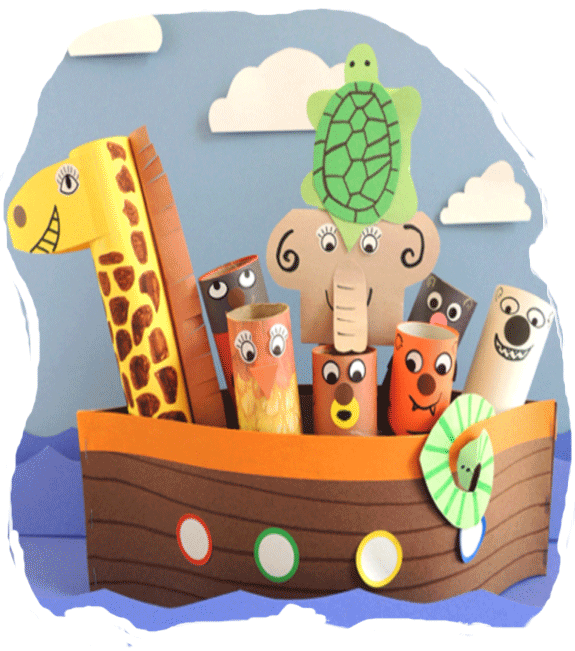
In partnership with Caplor Horizons we have developed the Paper Ark – an experiential learning tool which invites children to imagine which animals ‘best represent’ these 5 C’s of learning – for example an ant might represent ‘collaboration’ or an owl ‘critical curiosity’. This then gives the children in each hub a ‘shared and playful language’ through which to engage in a range of project-based activities that help them develop these skills (to be the best ‘owl’ they can be or join together with an ‘excellent ant’ if they need to work together on a project).
The possibilities and permutations are endless as children and facilitators in the hubs explore the different animals that are needed on their Paper Ark depending on the purpose of their voyage. Facilitators invite children to explore real-world challenges using the metaphor of a voyaging ark and animals representing different skill, qualities and attributes.
